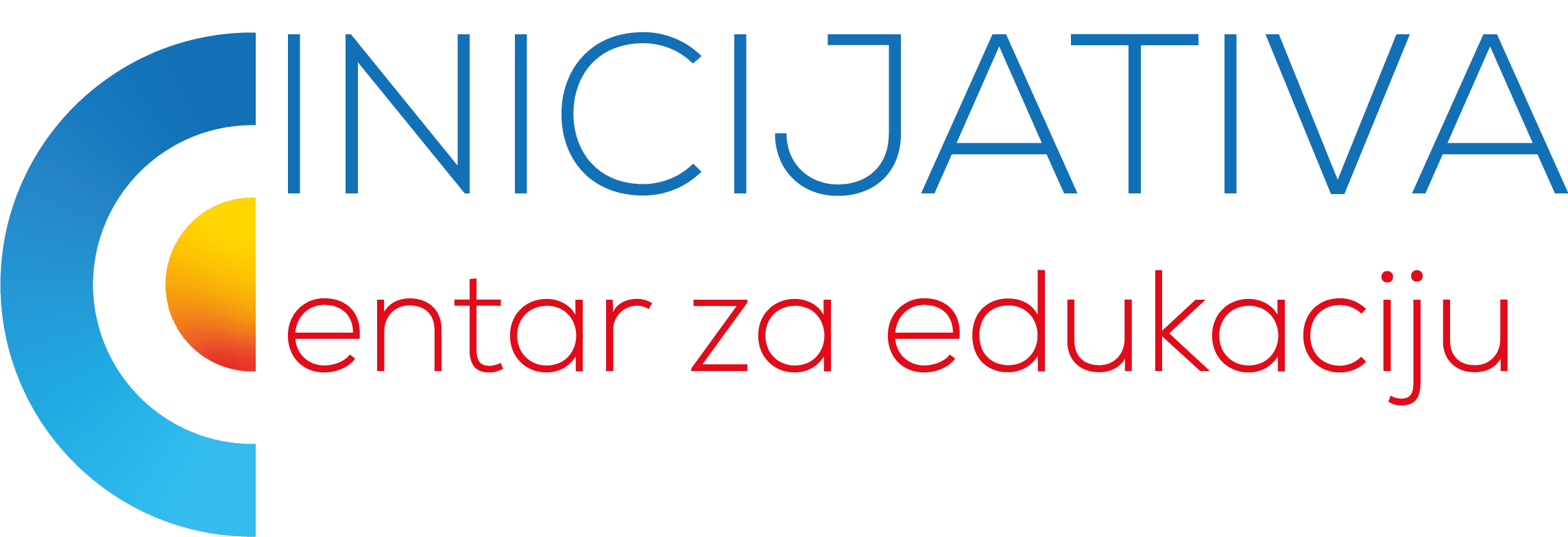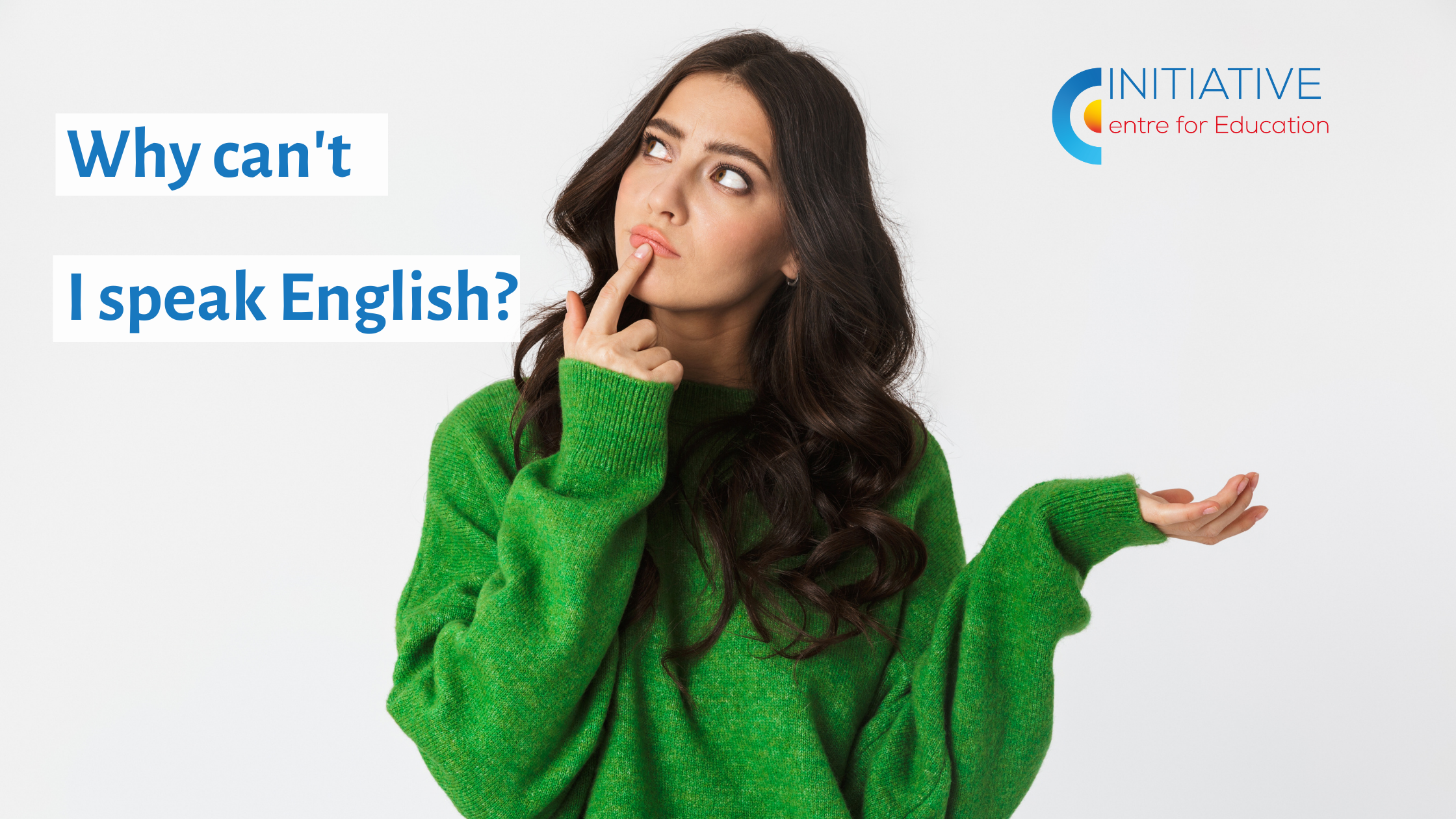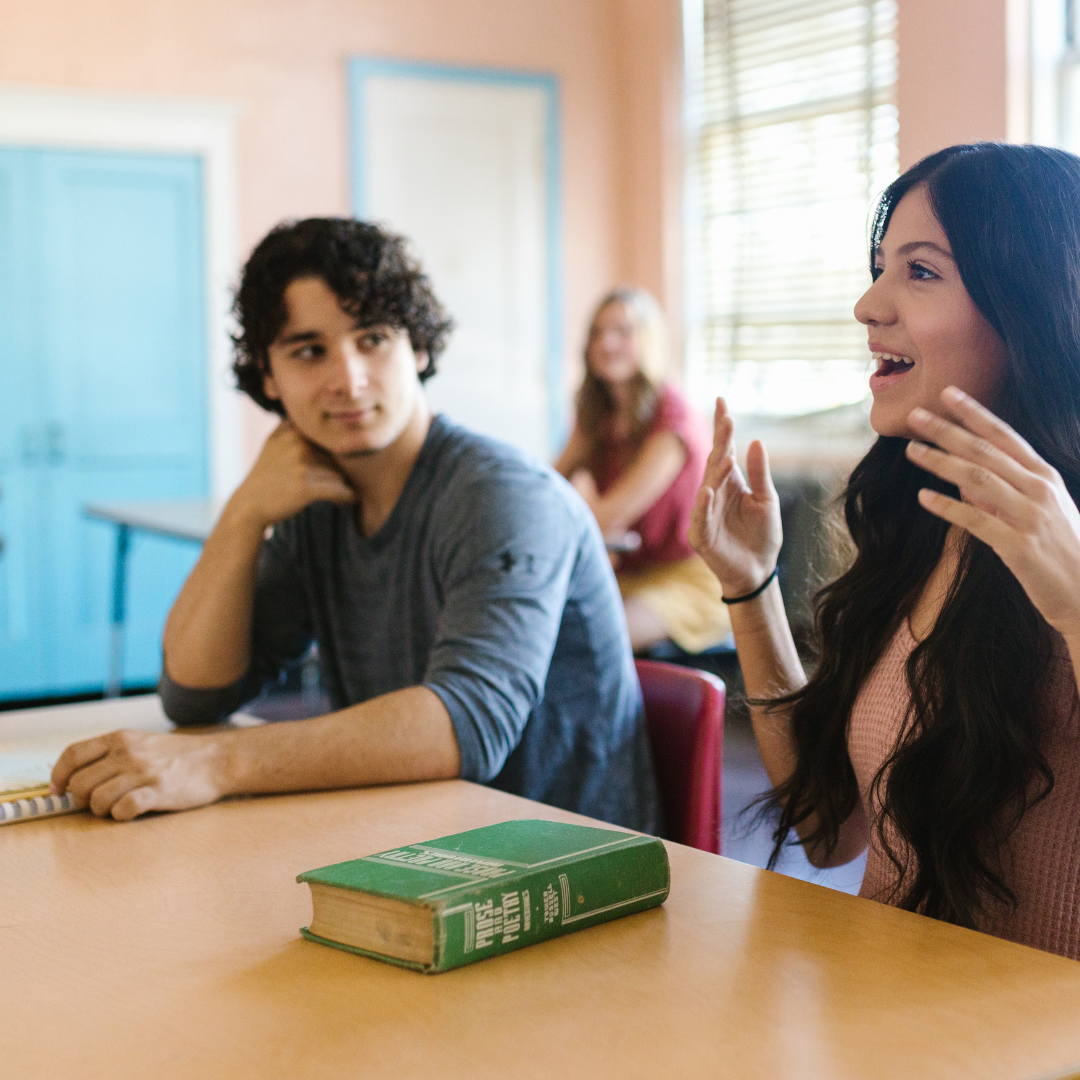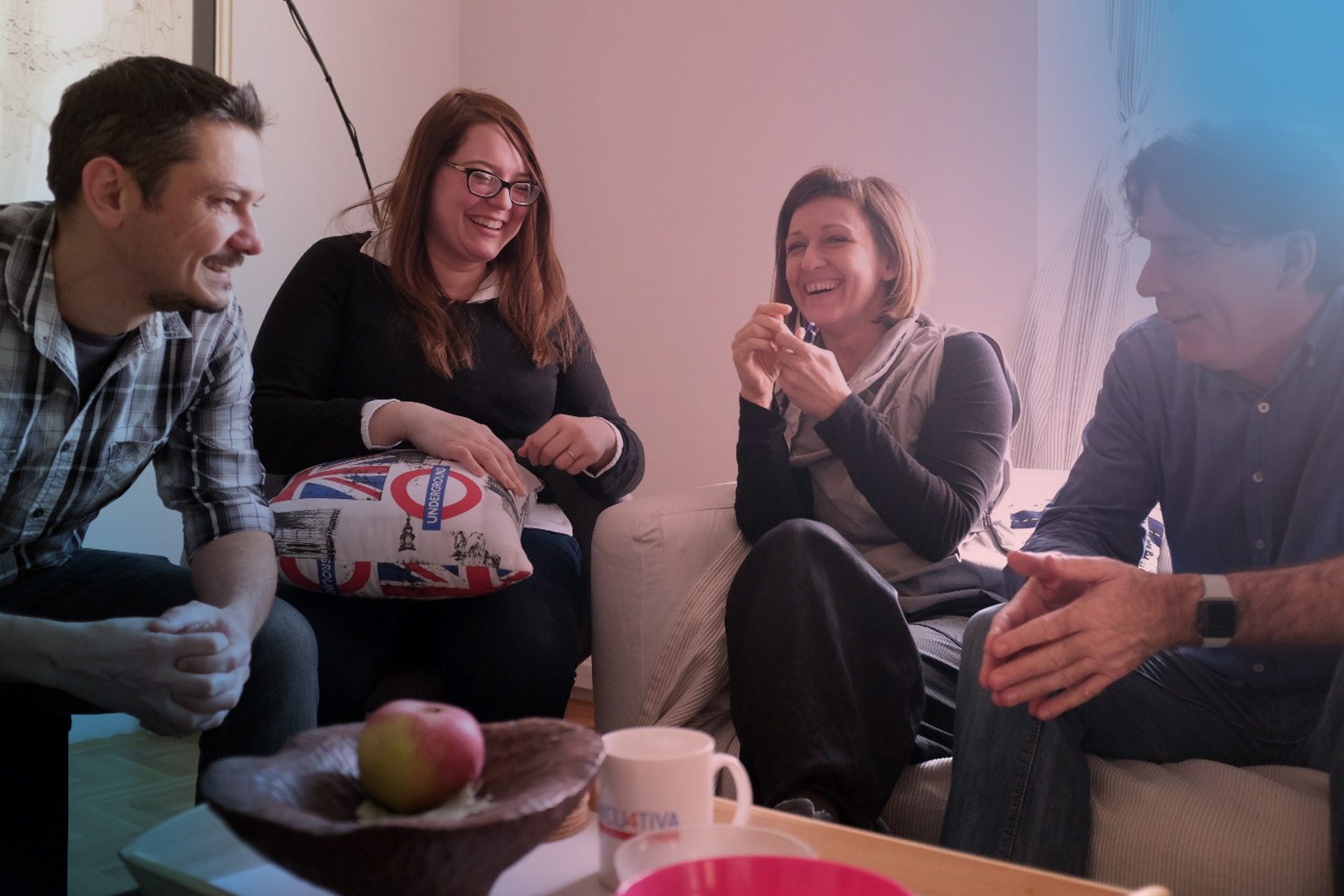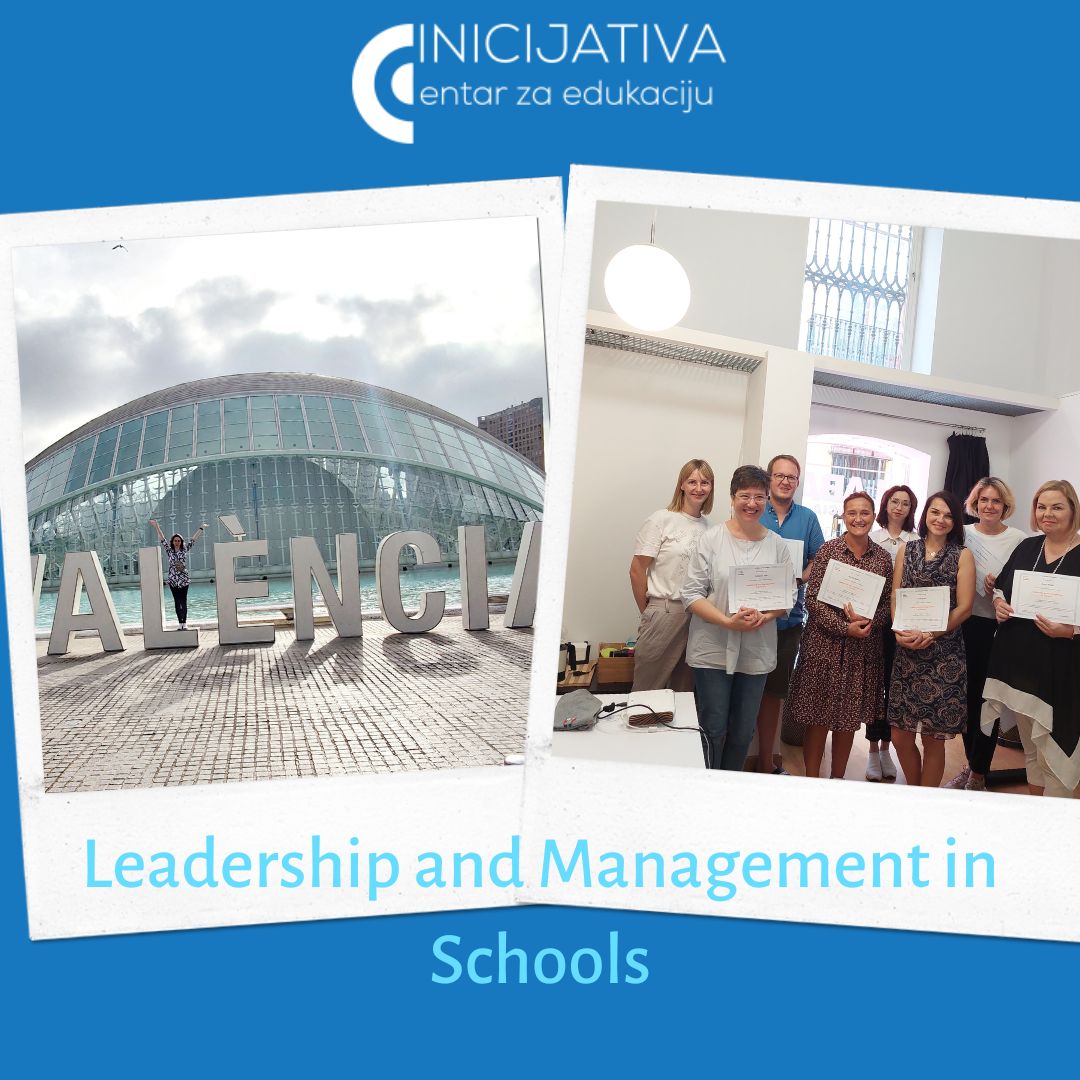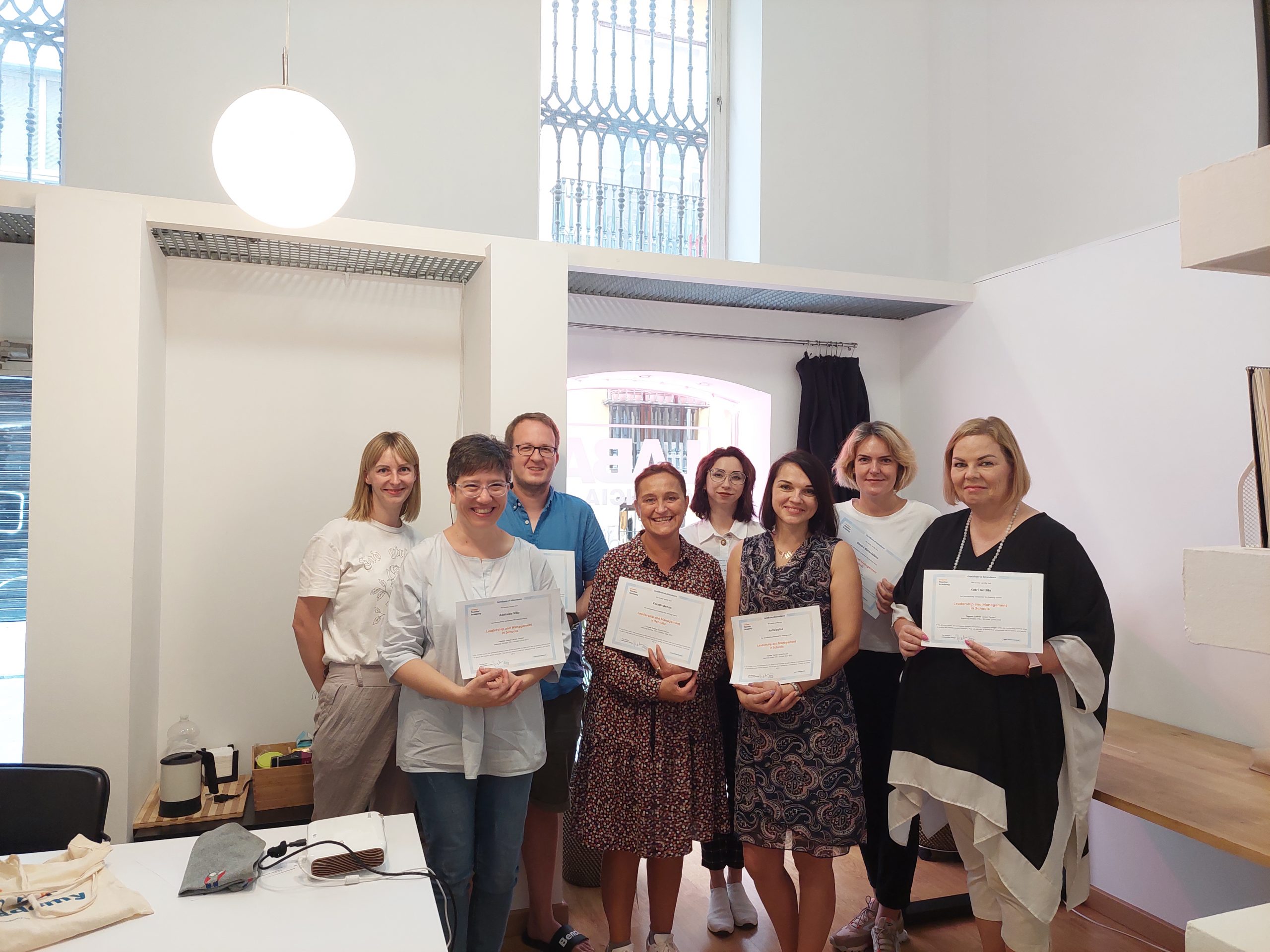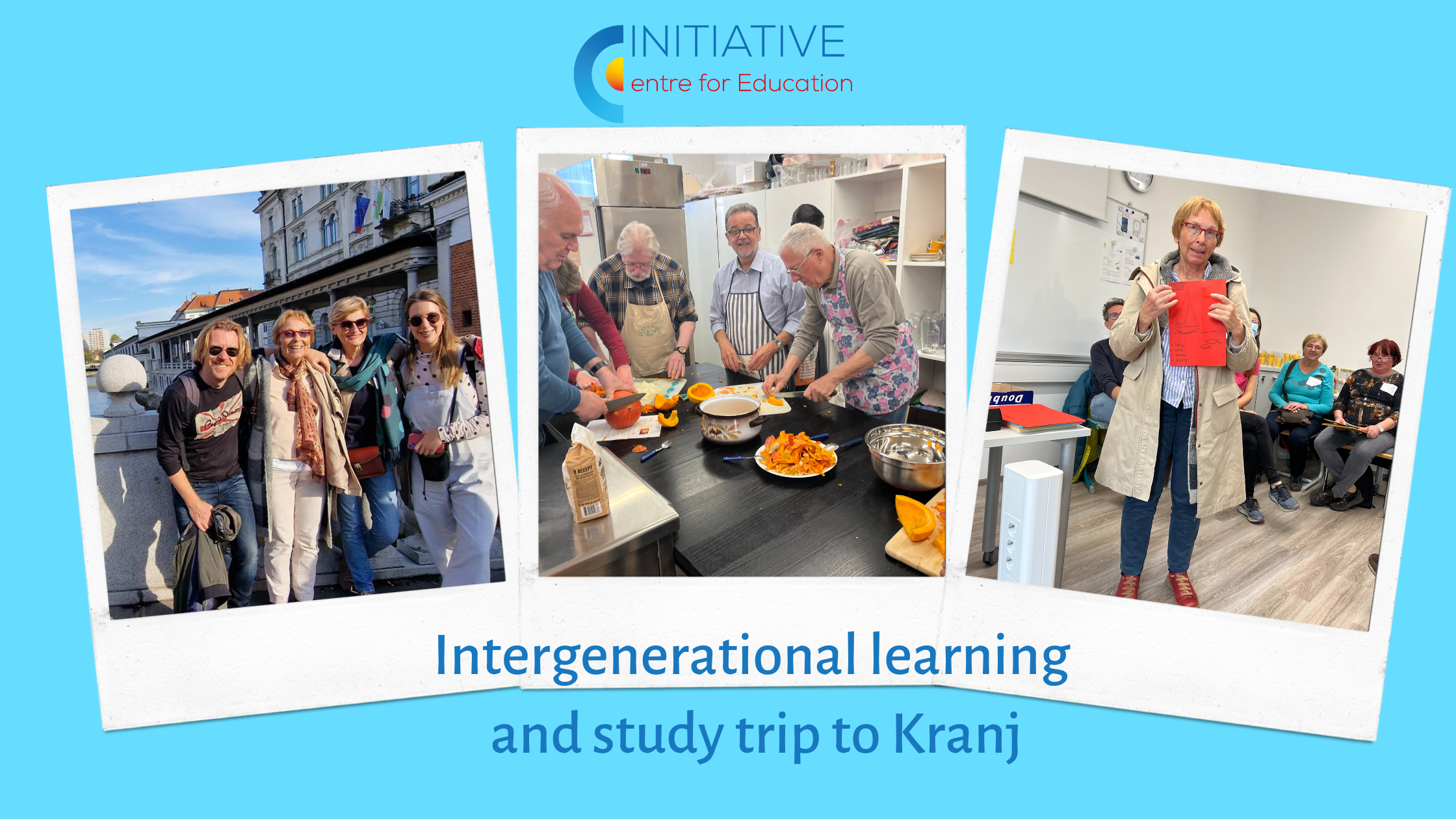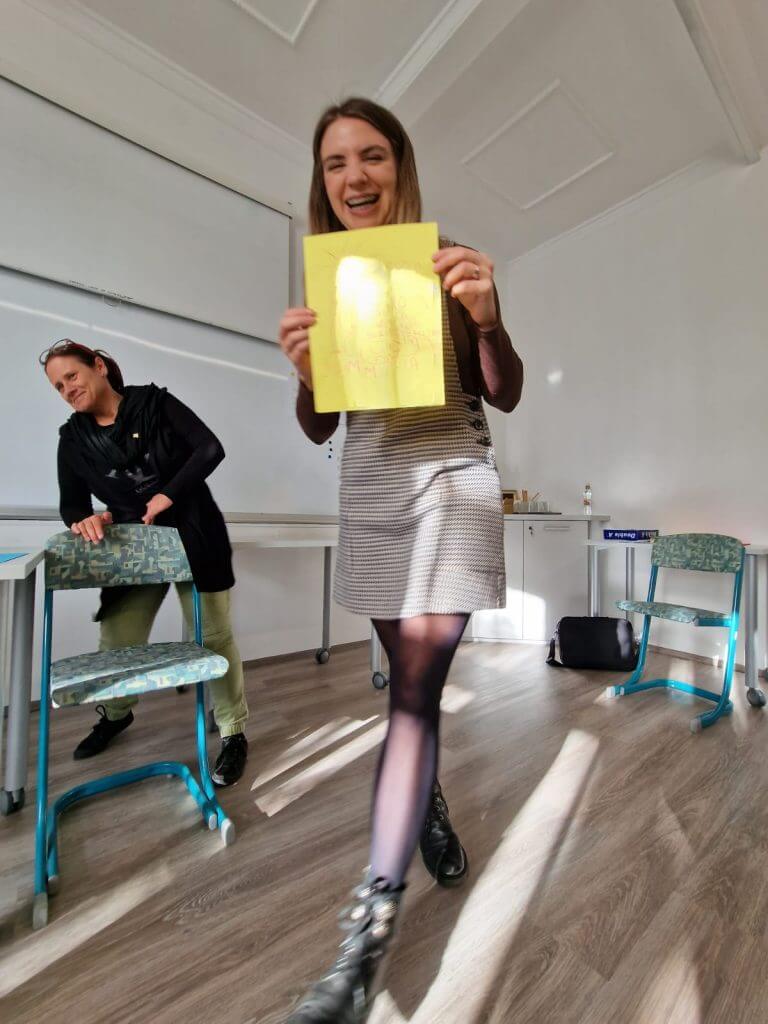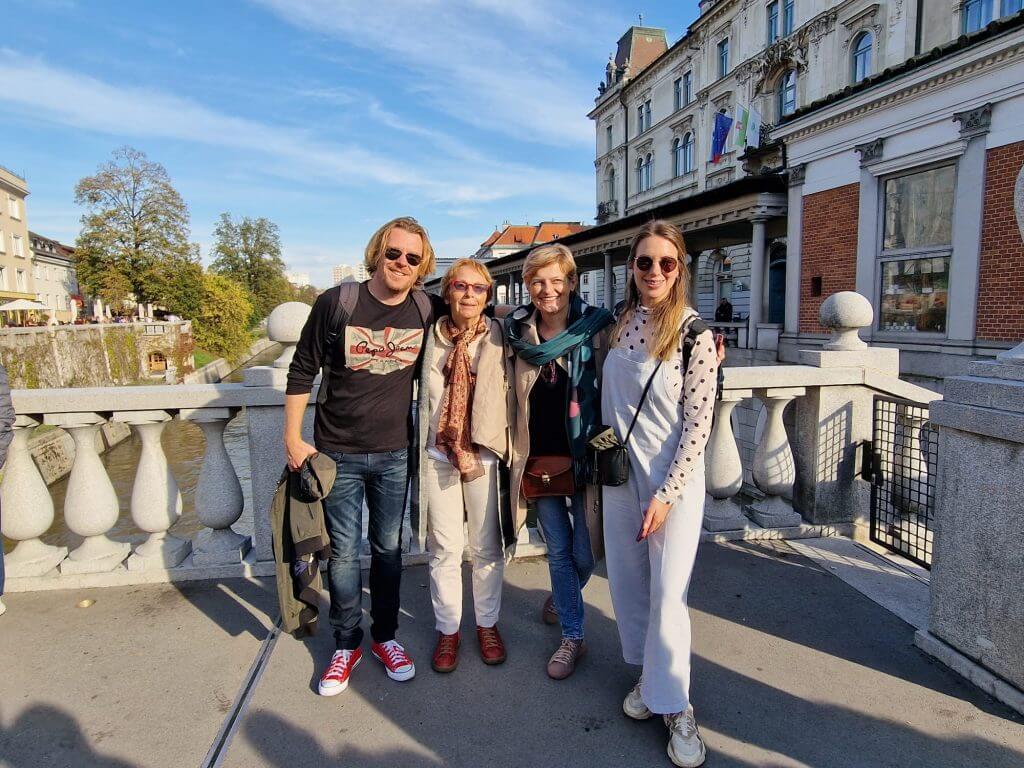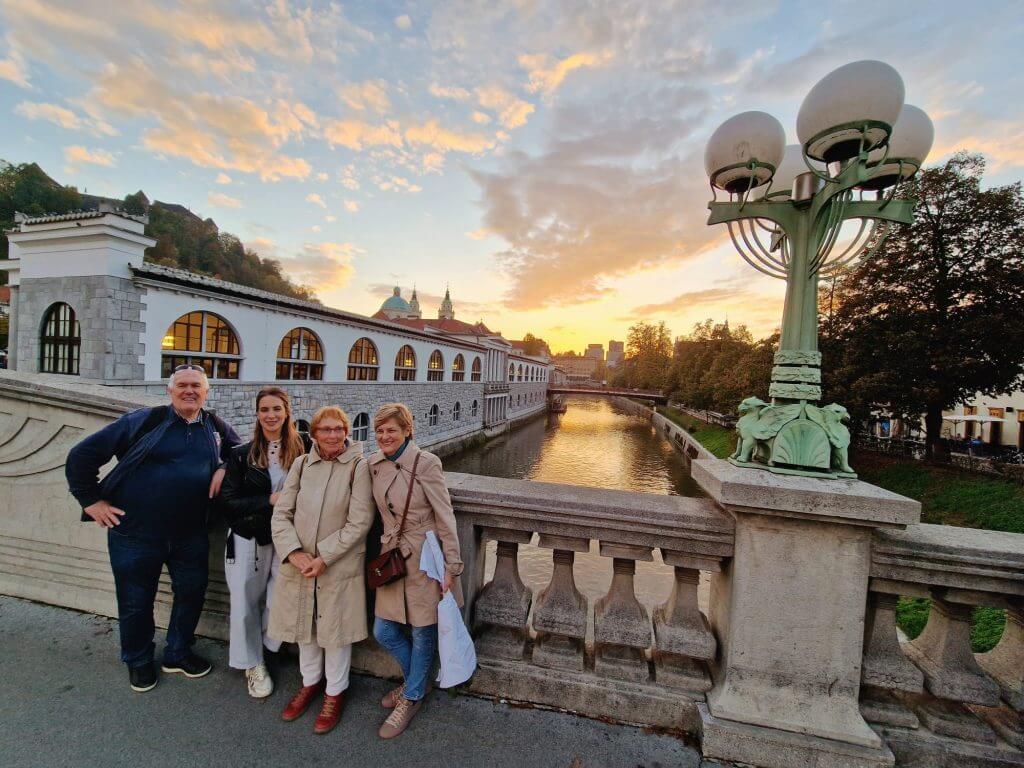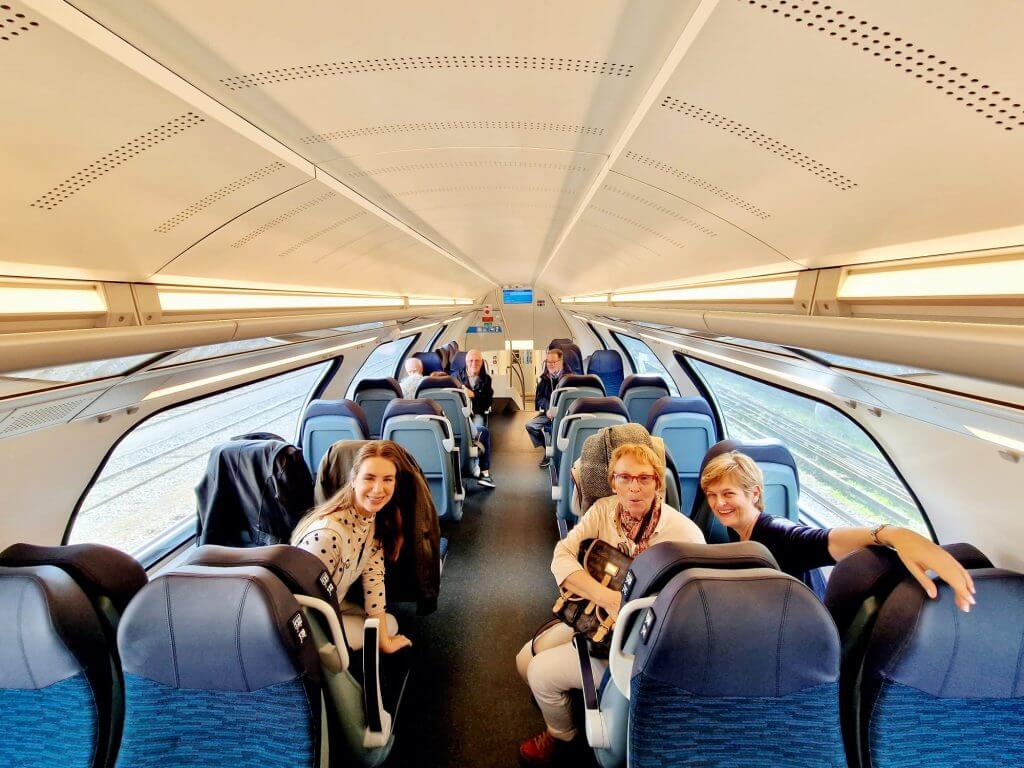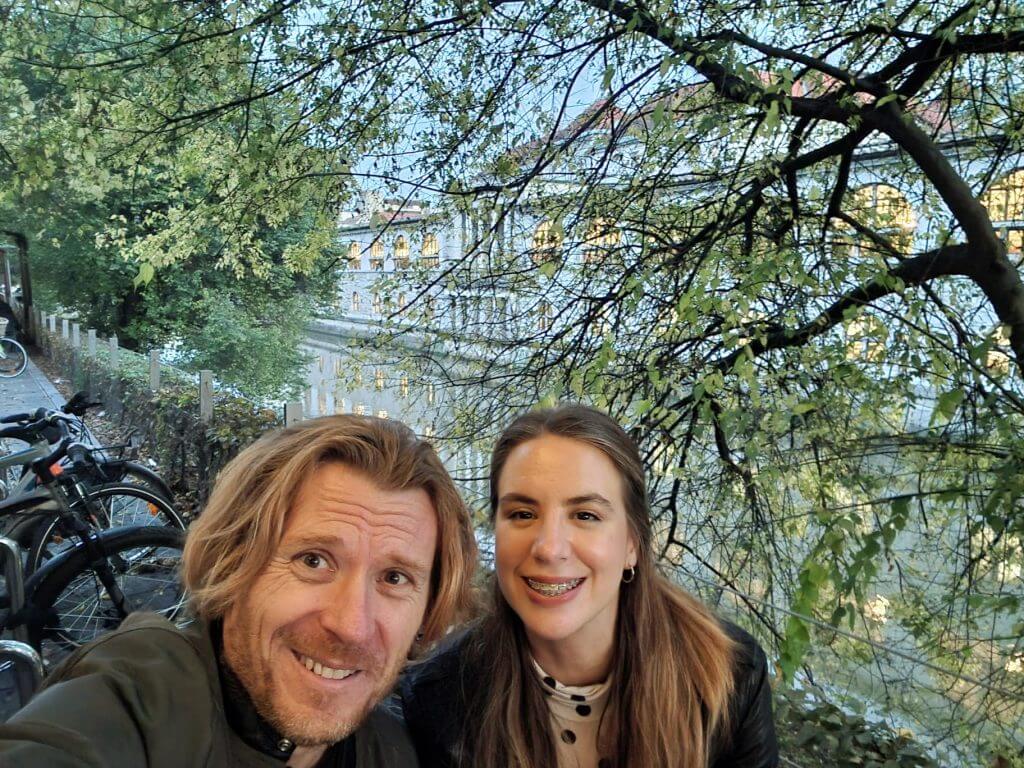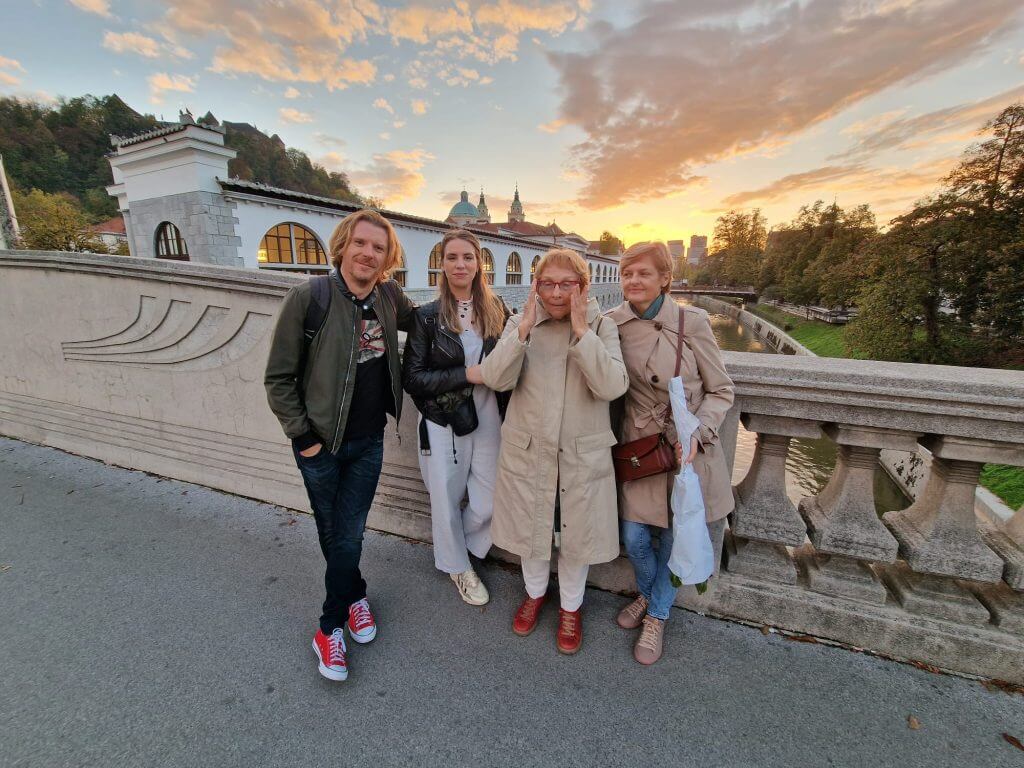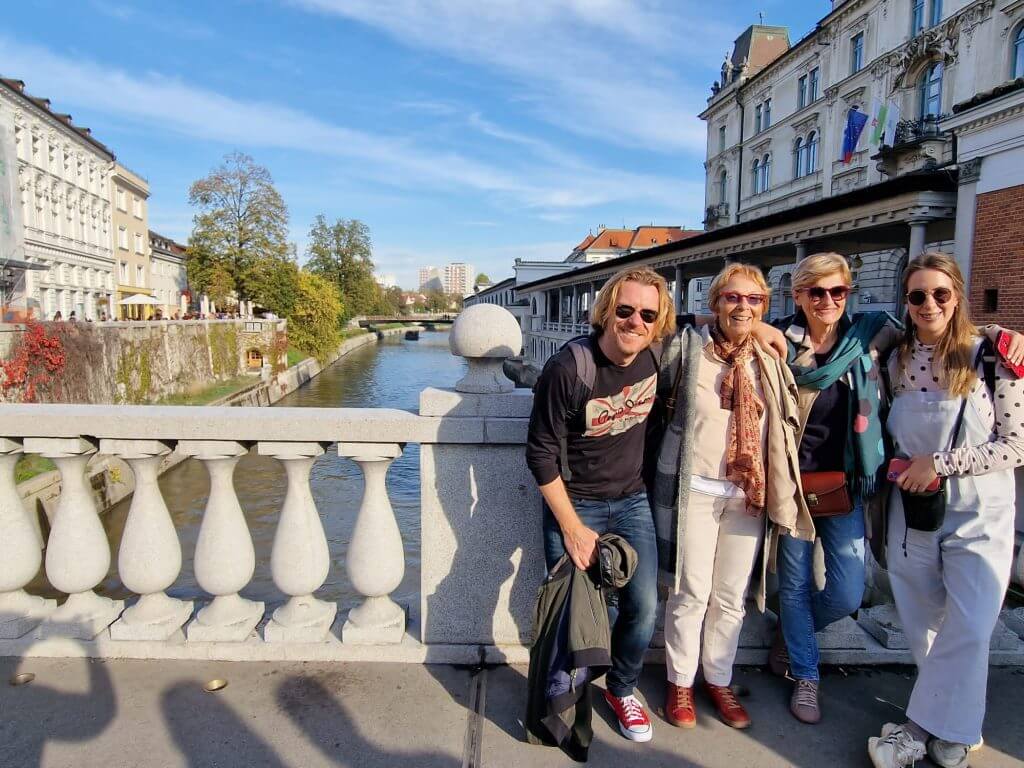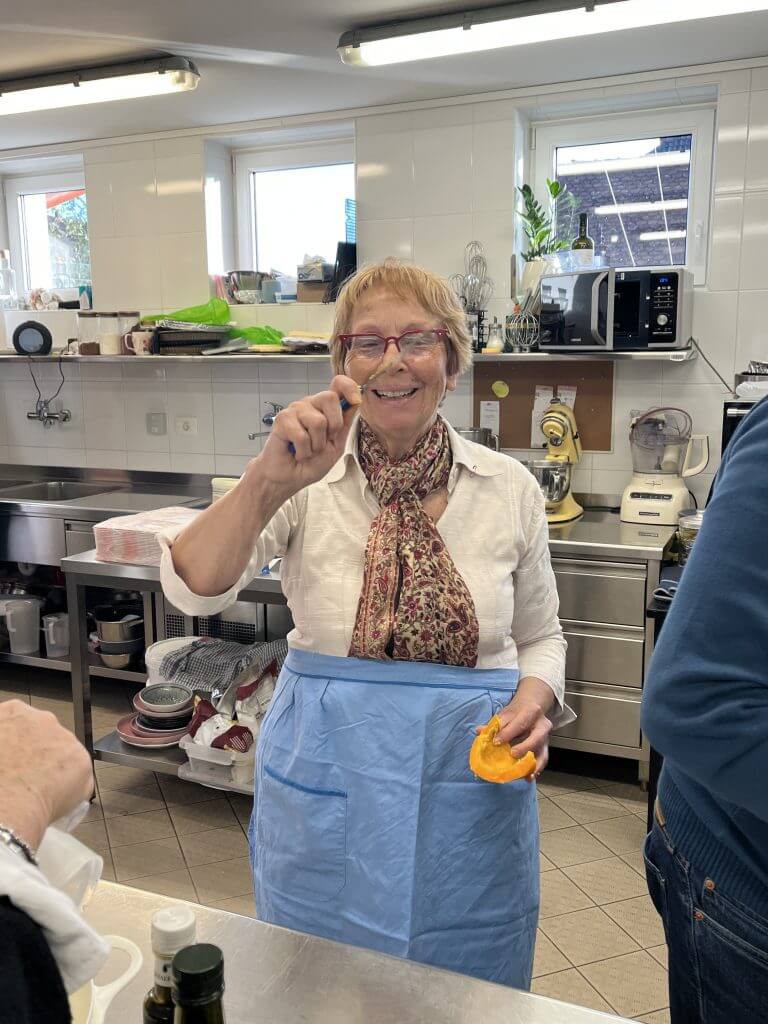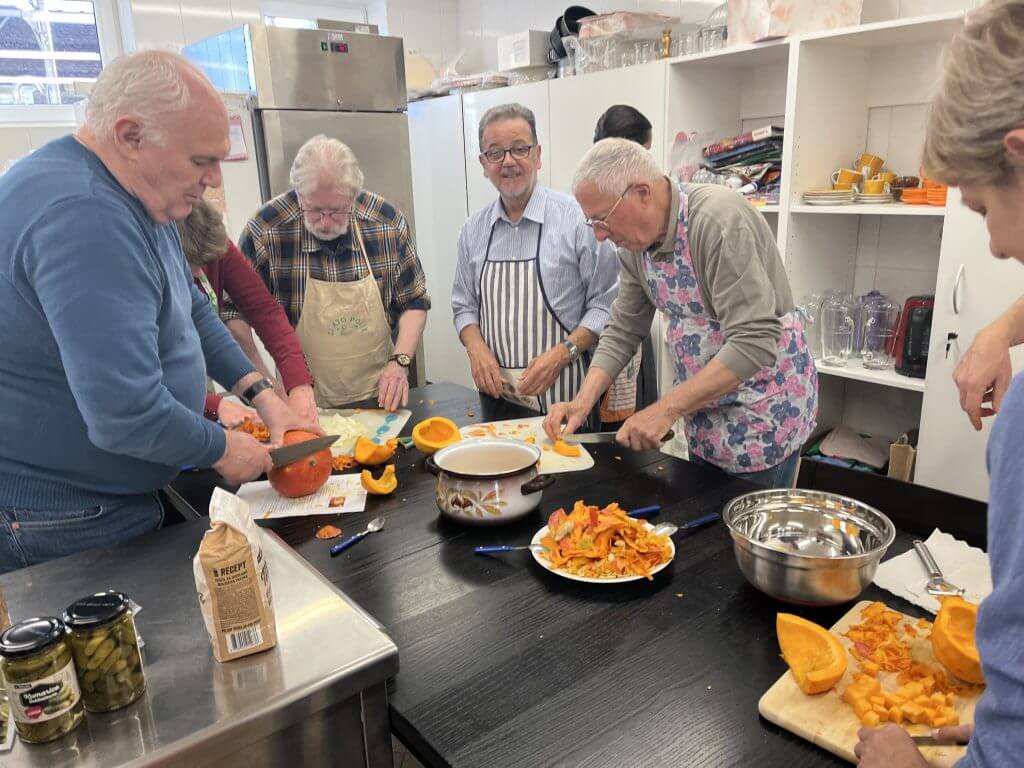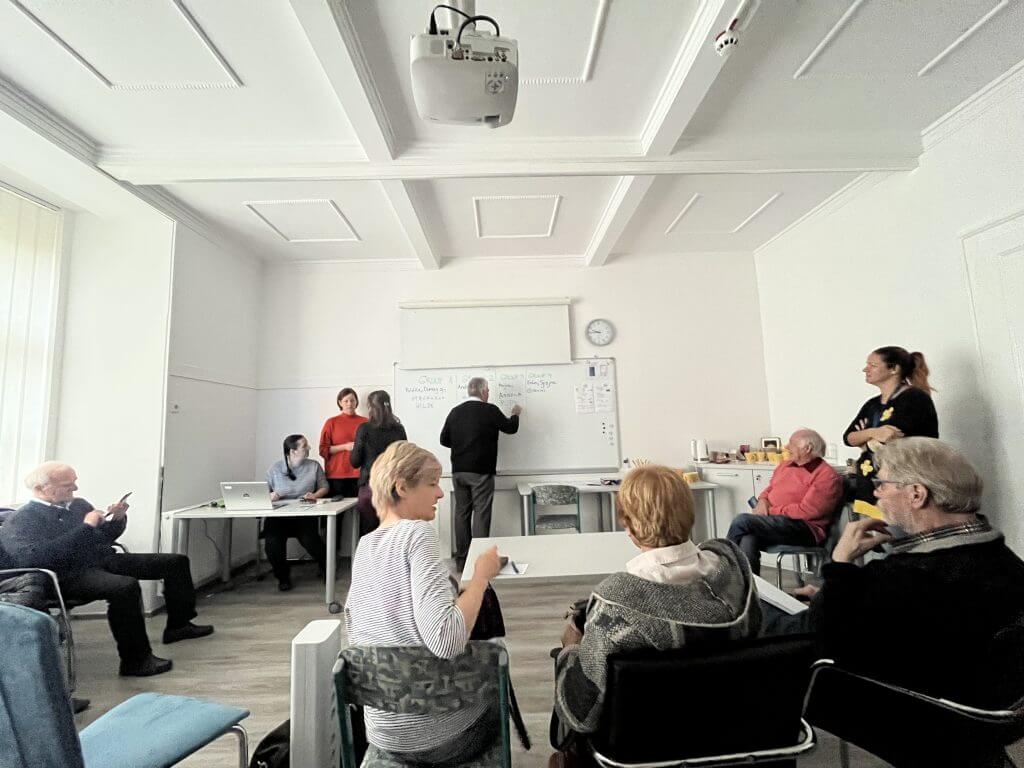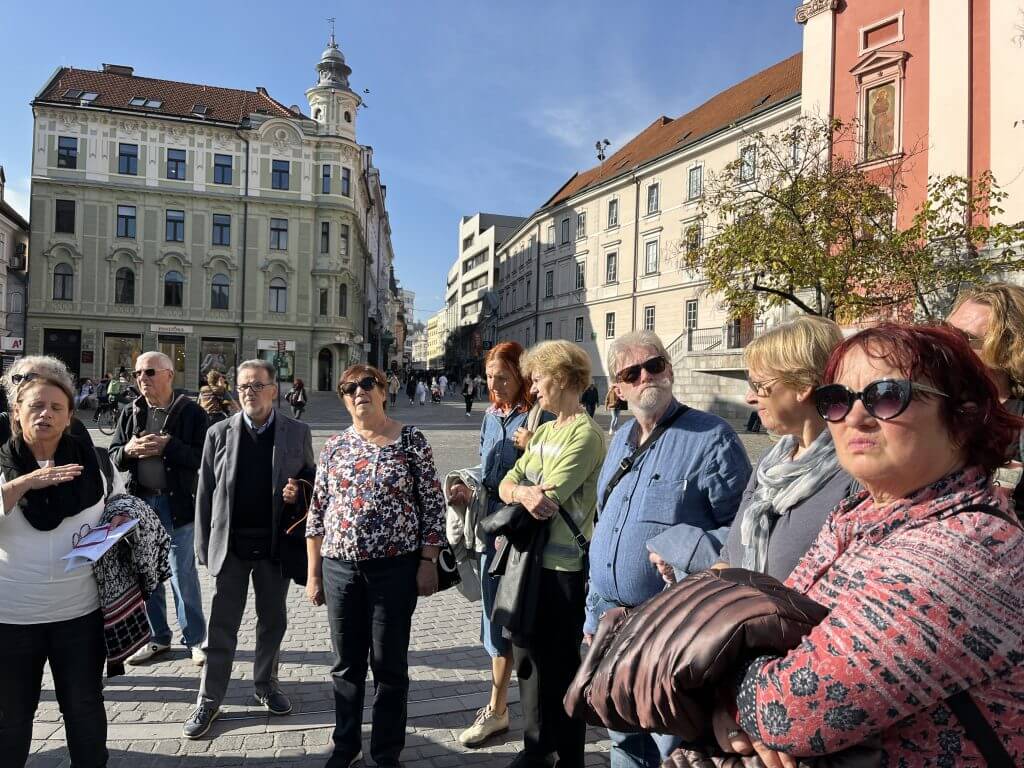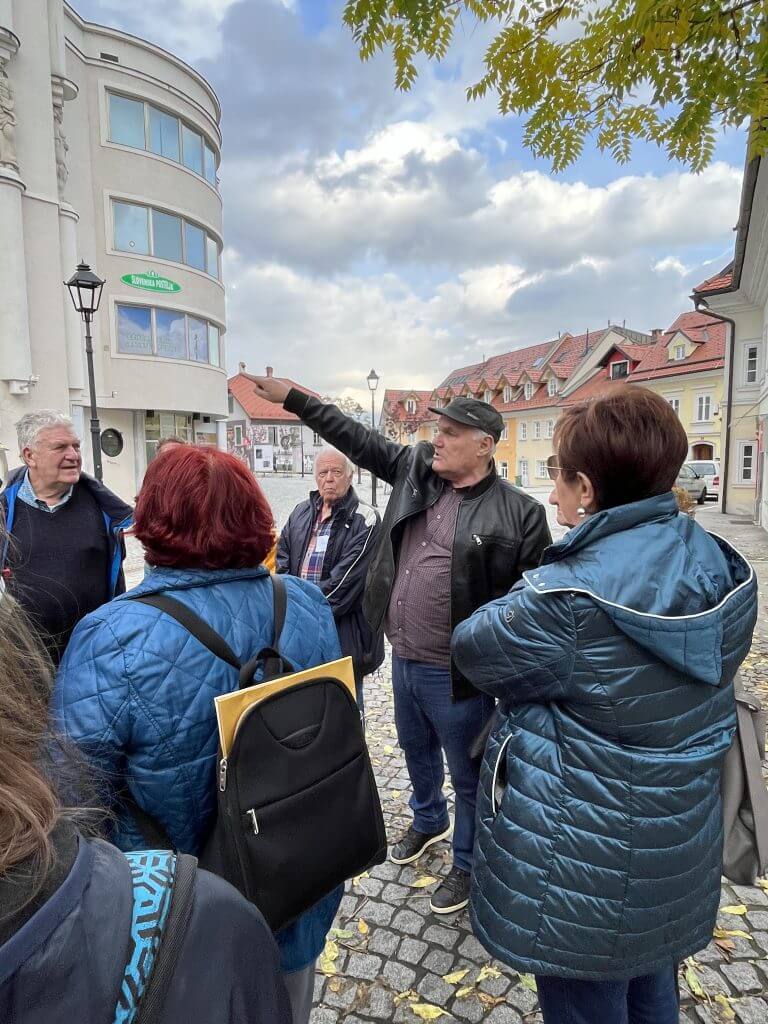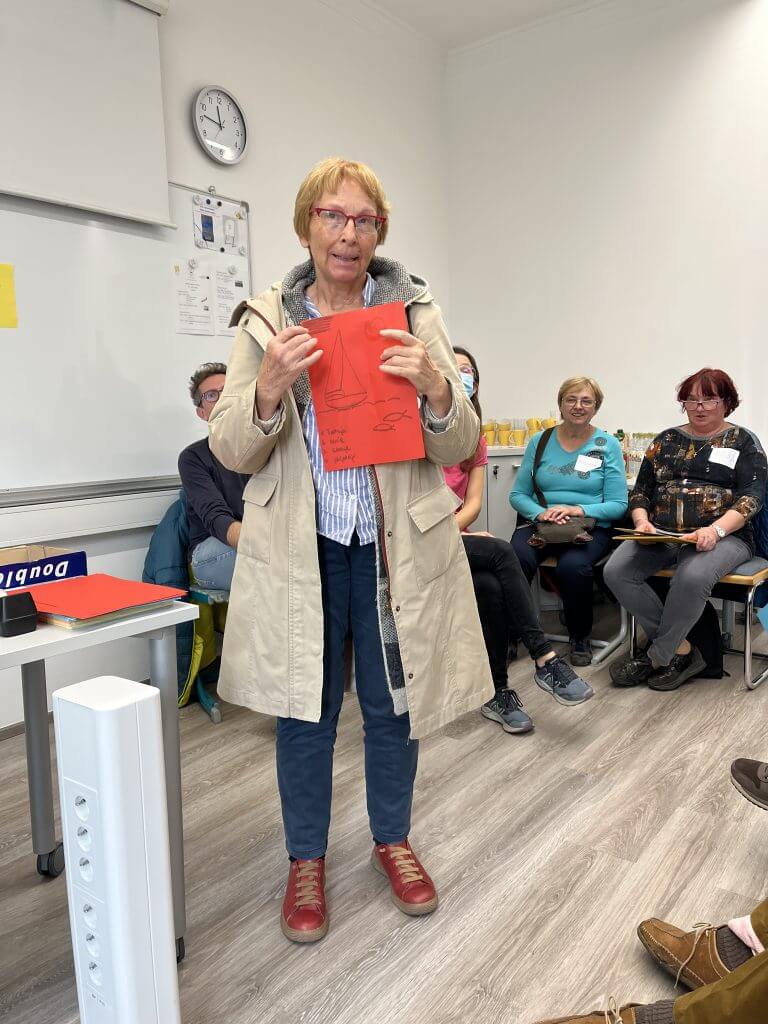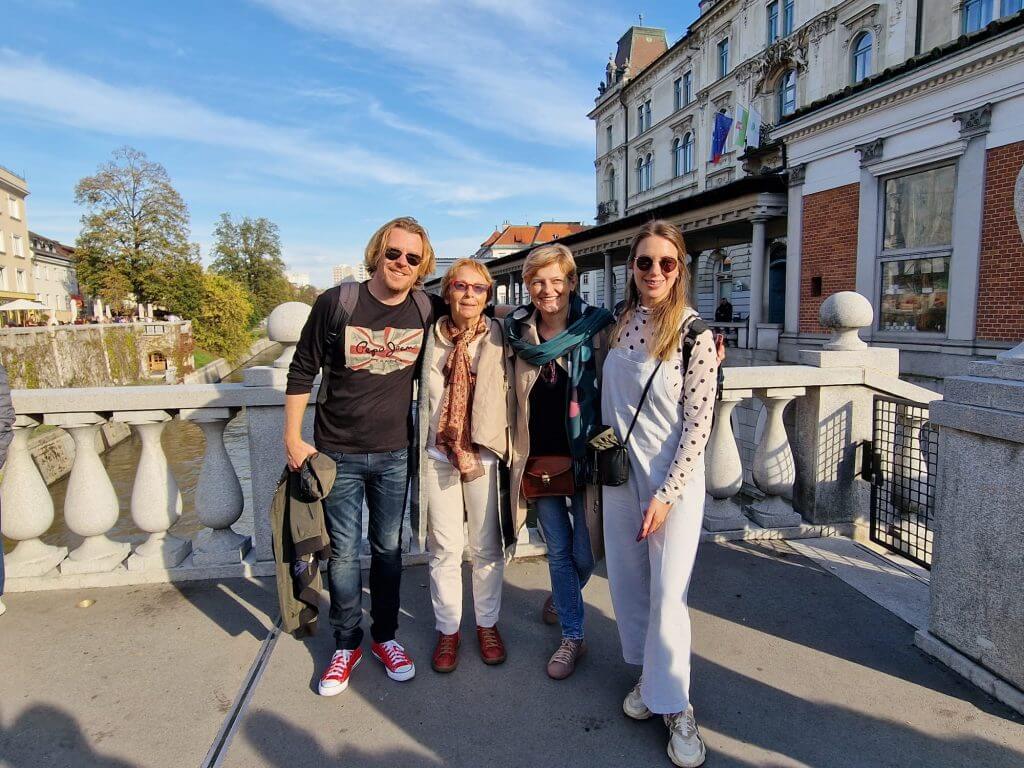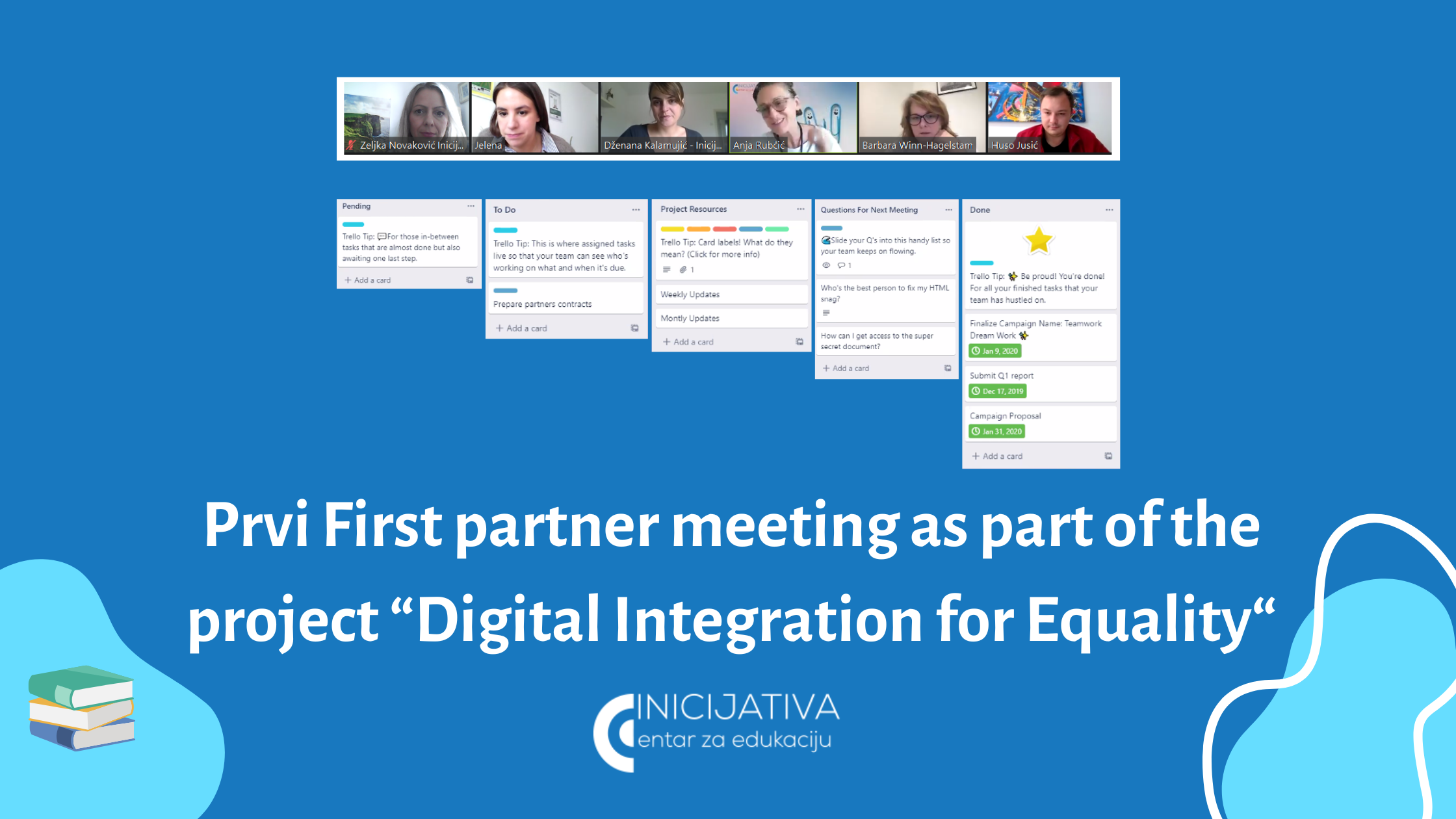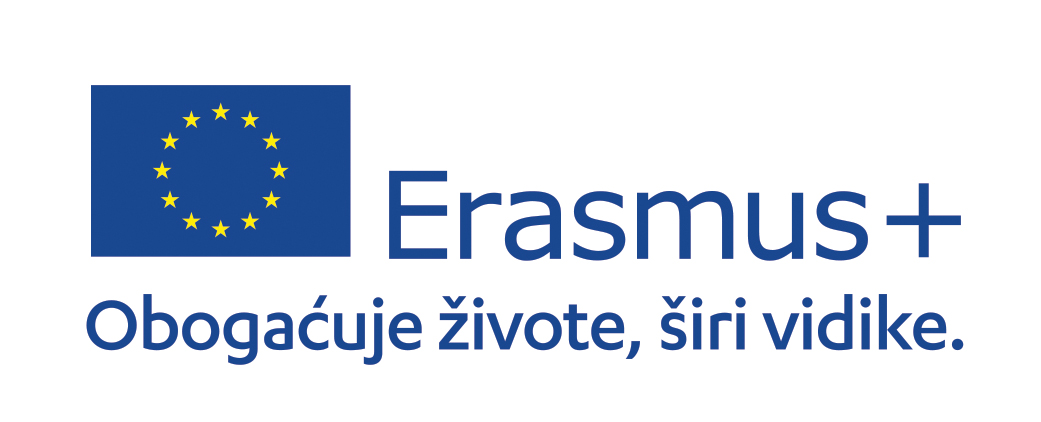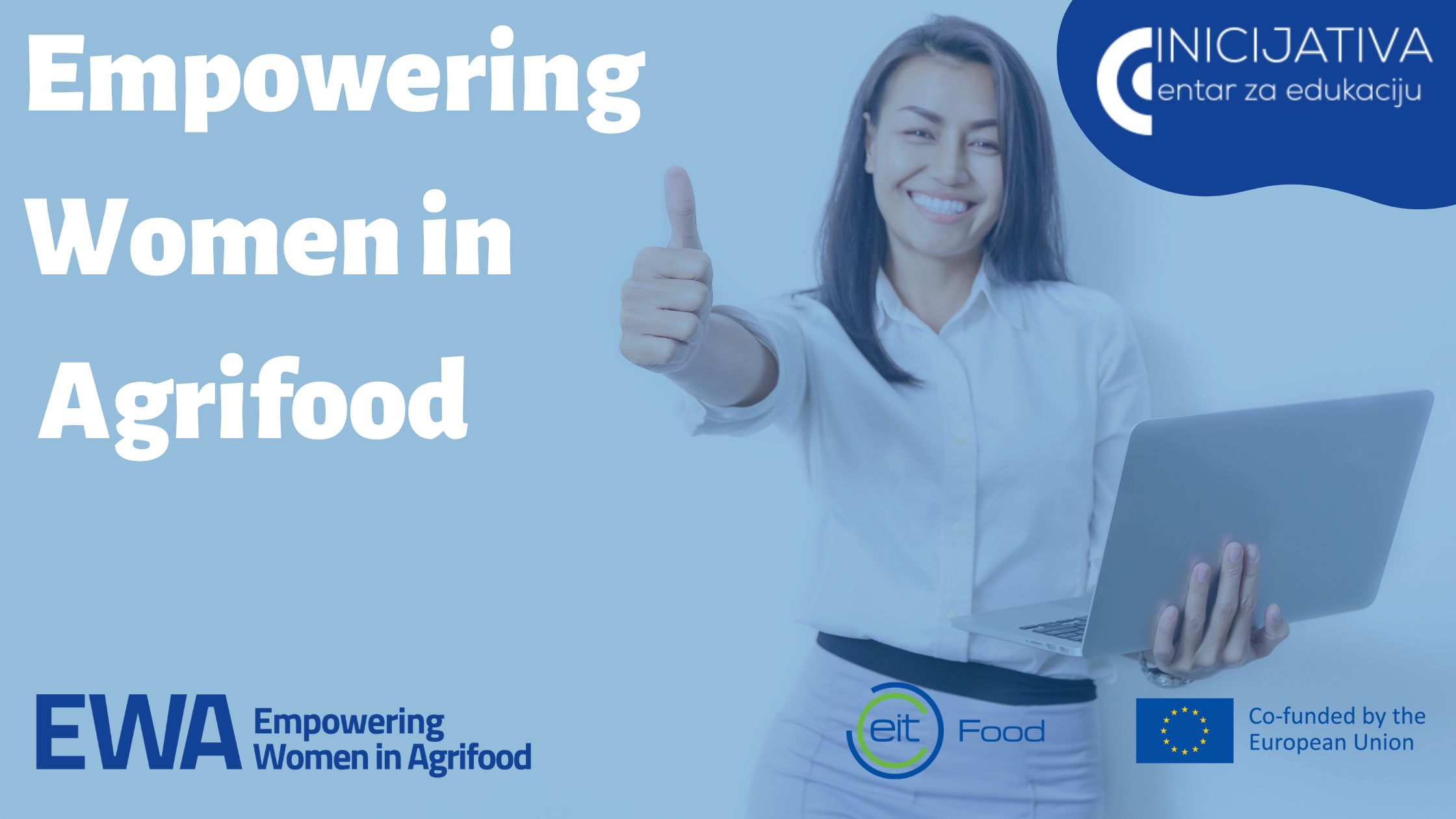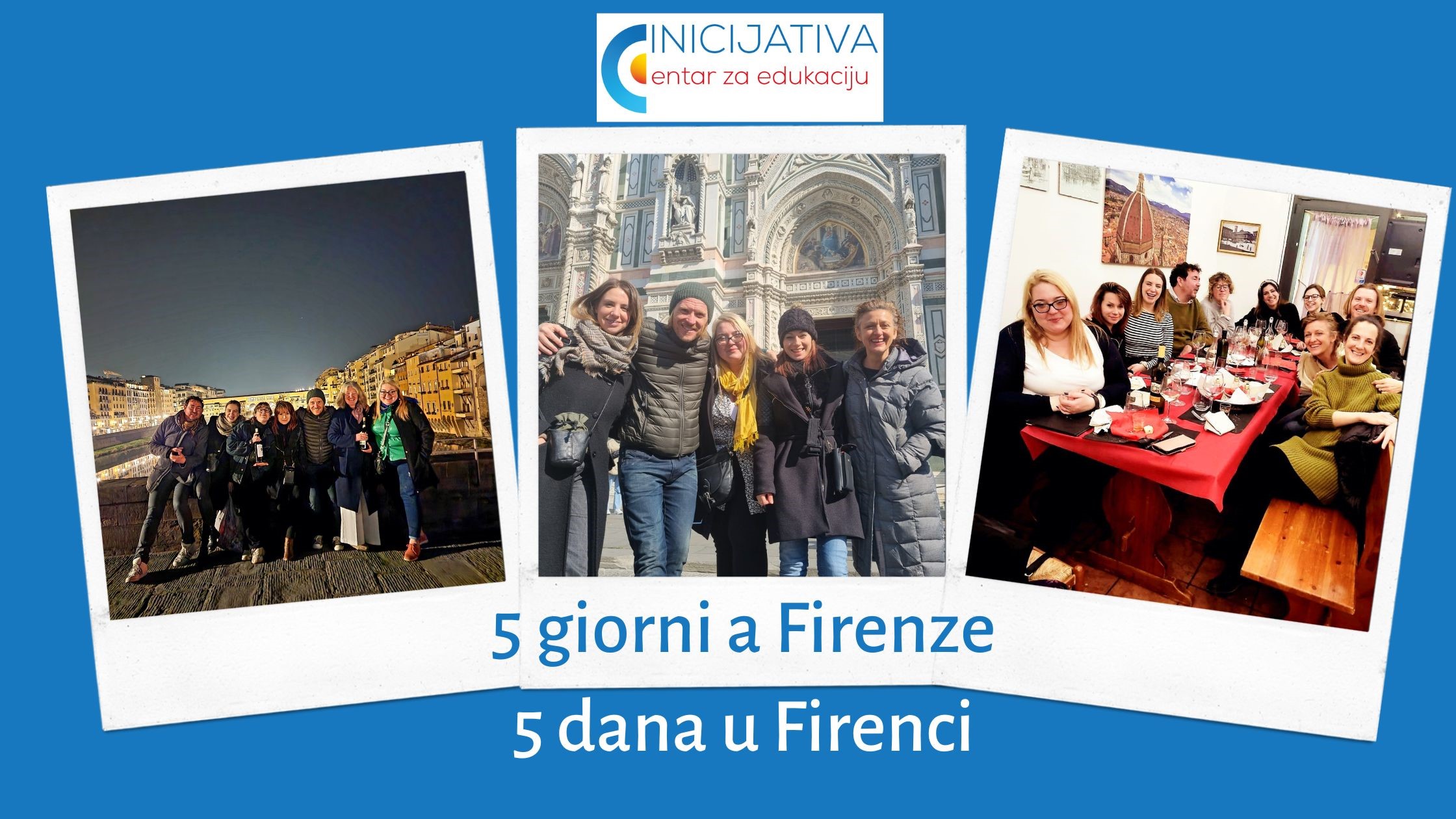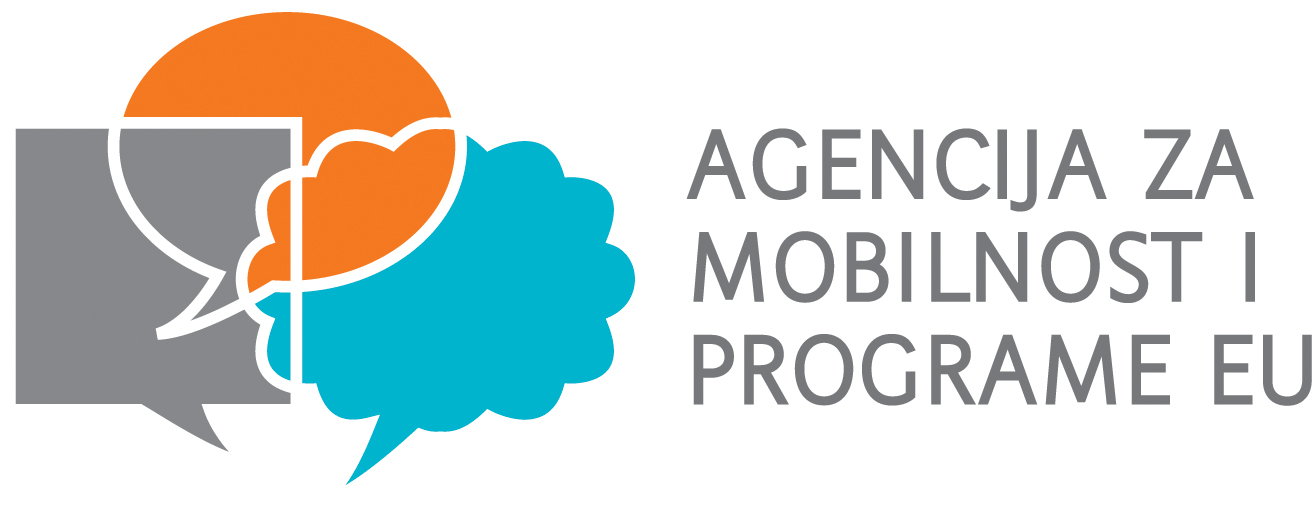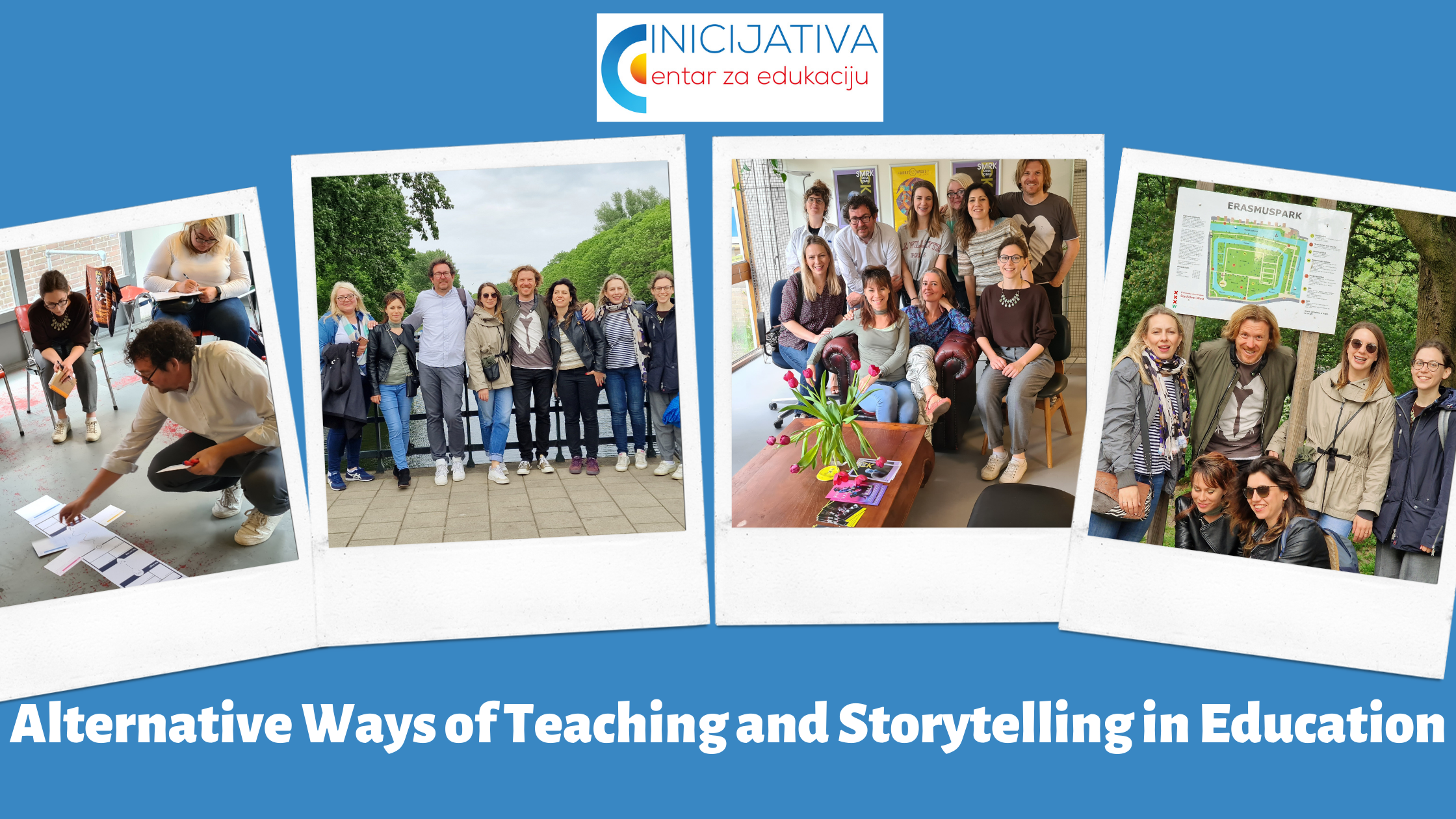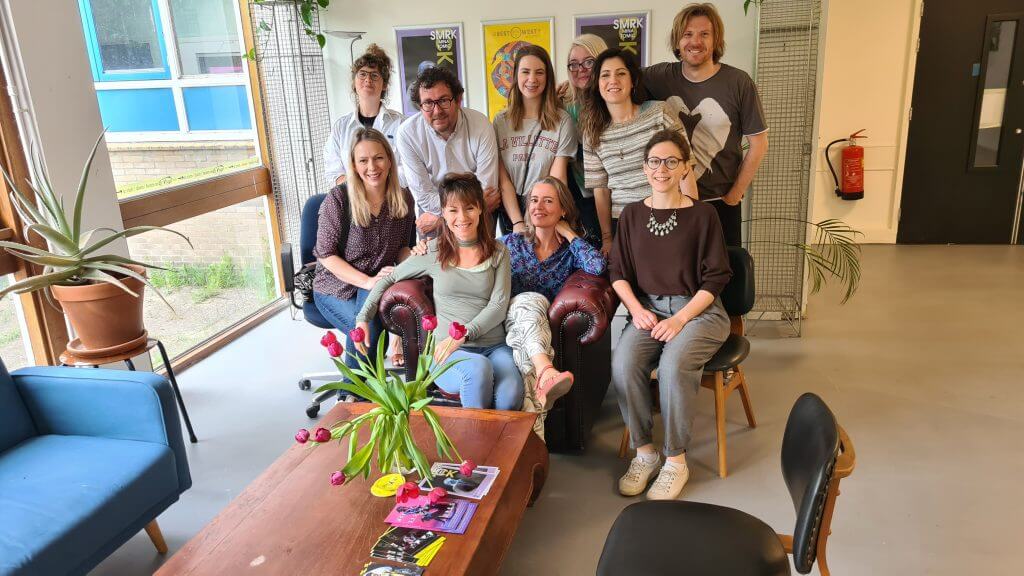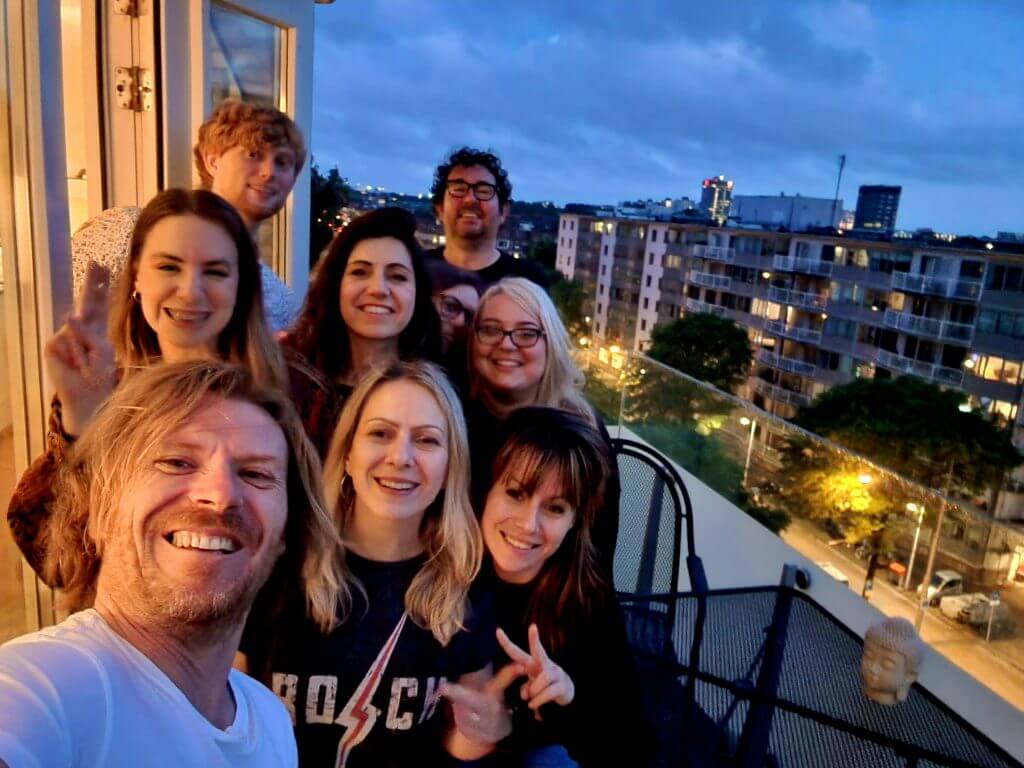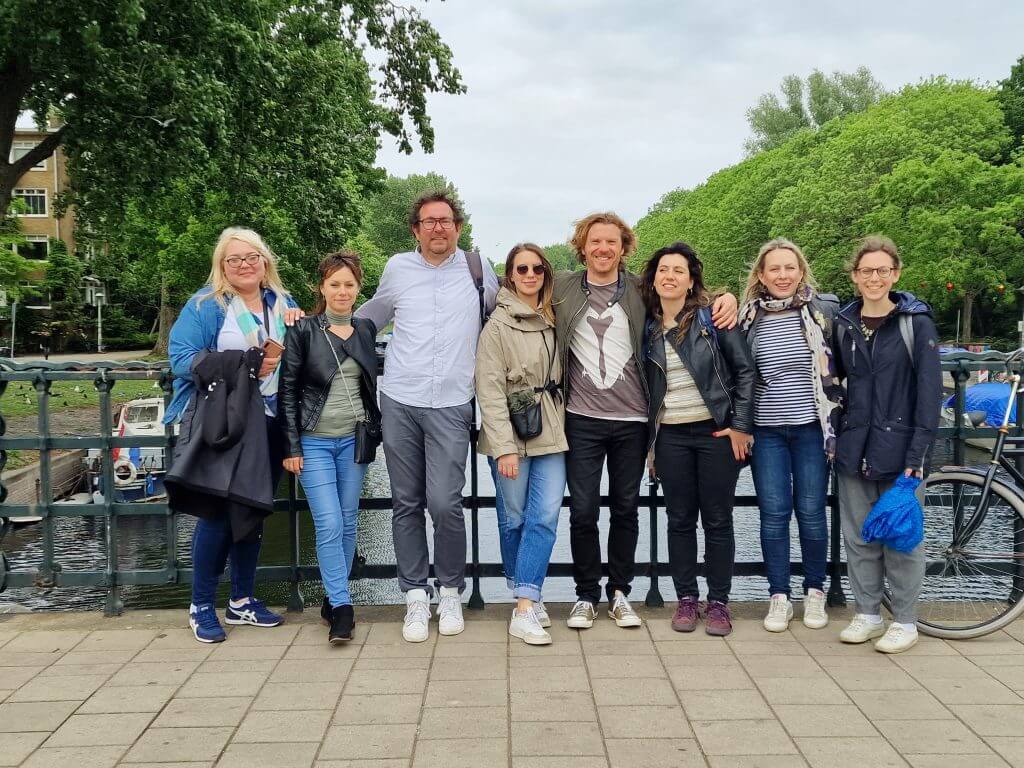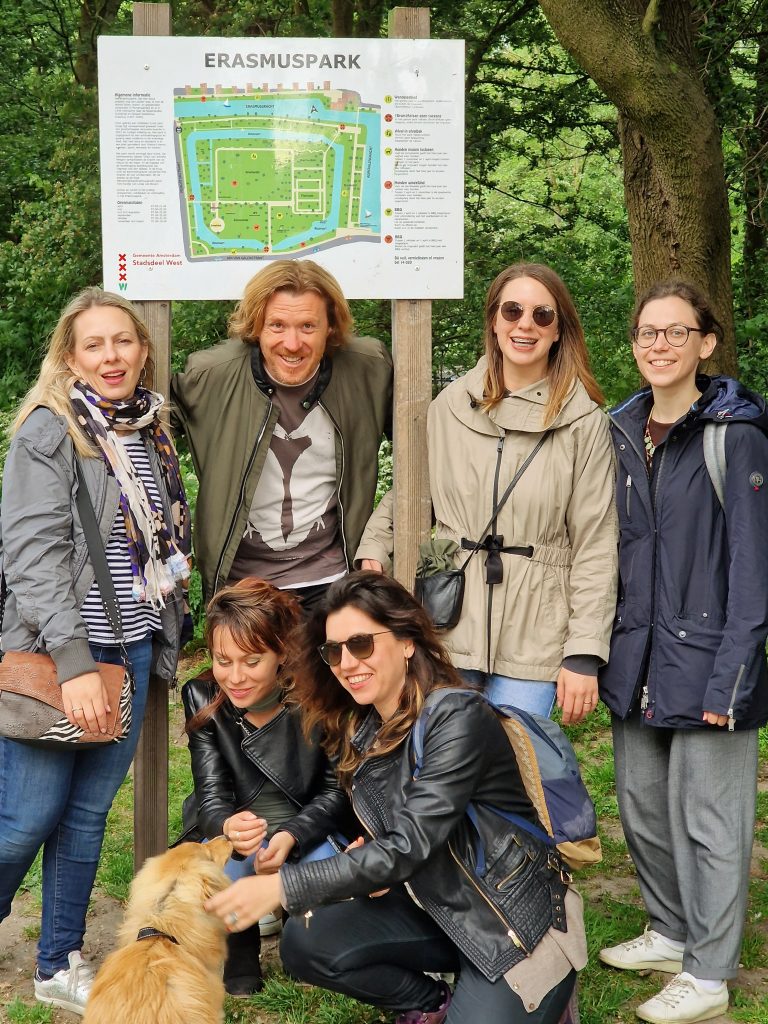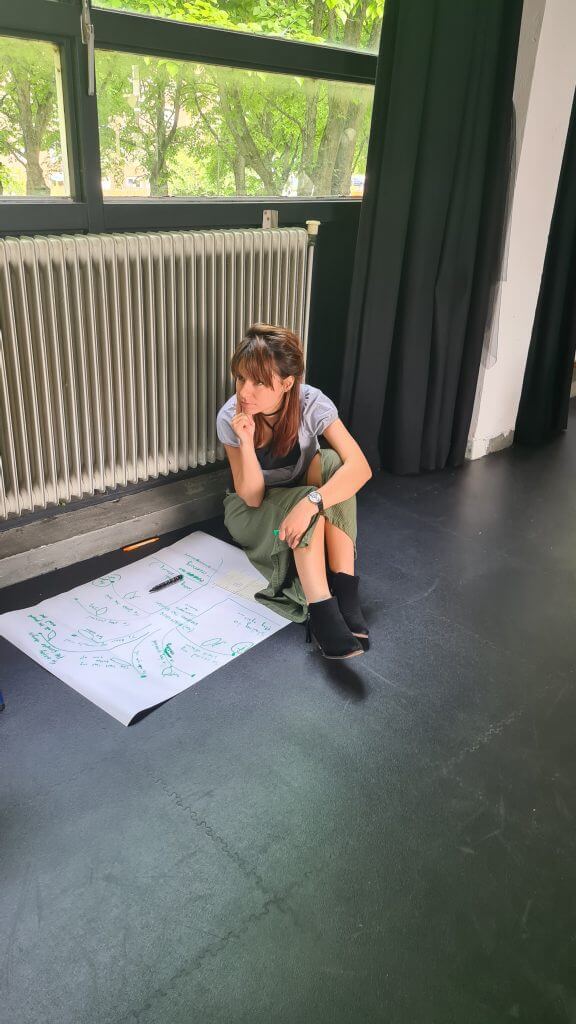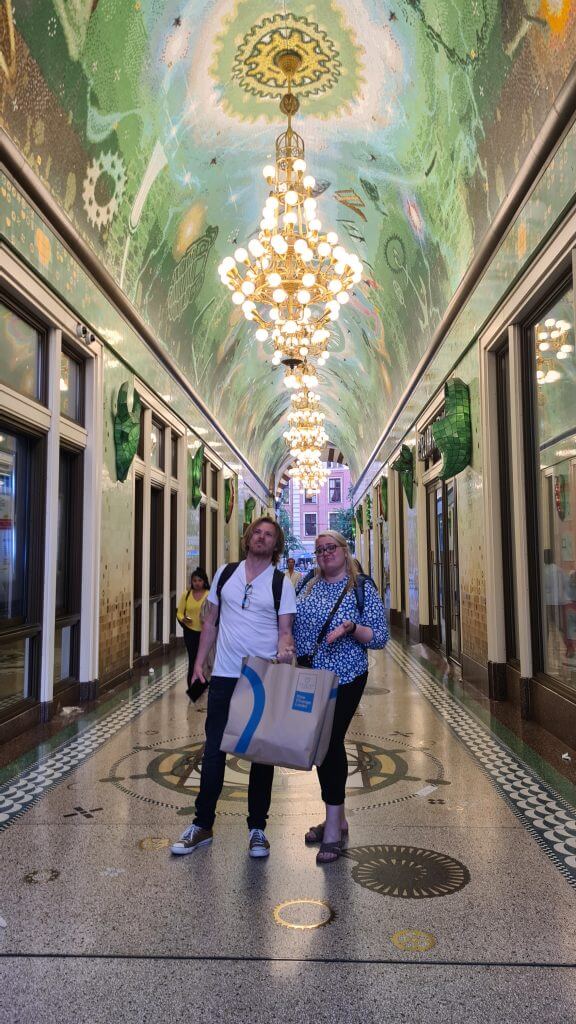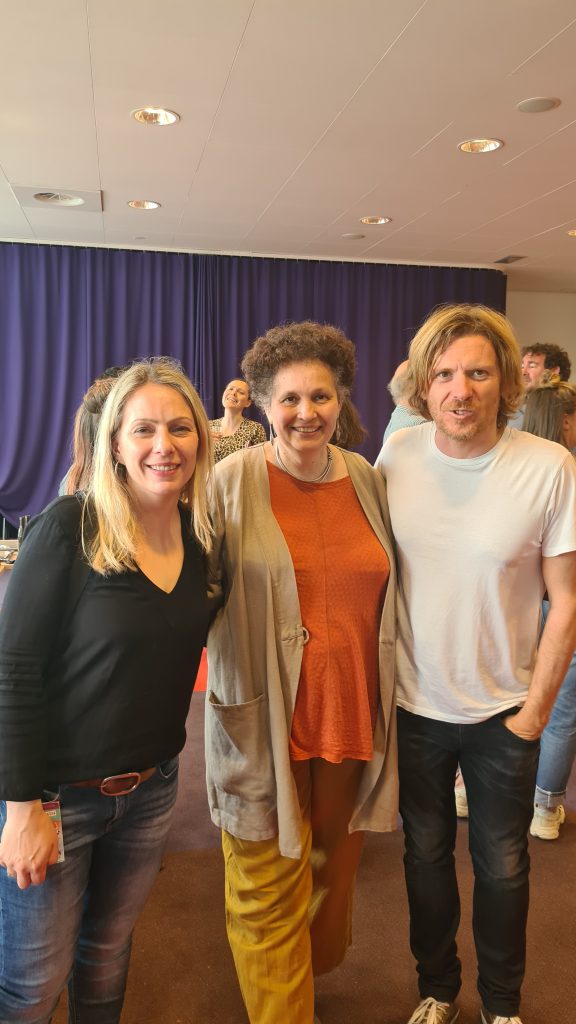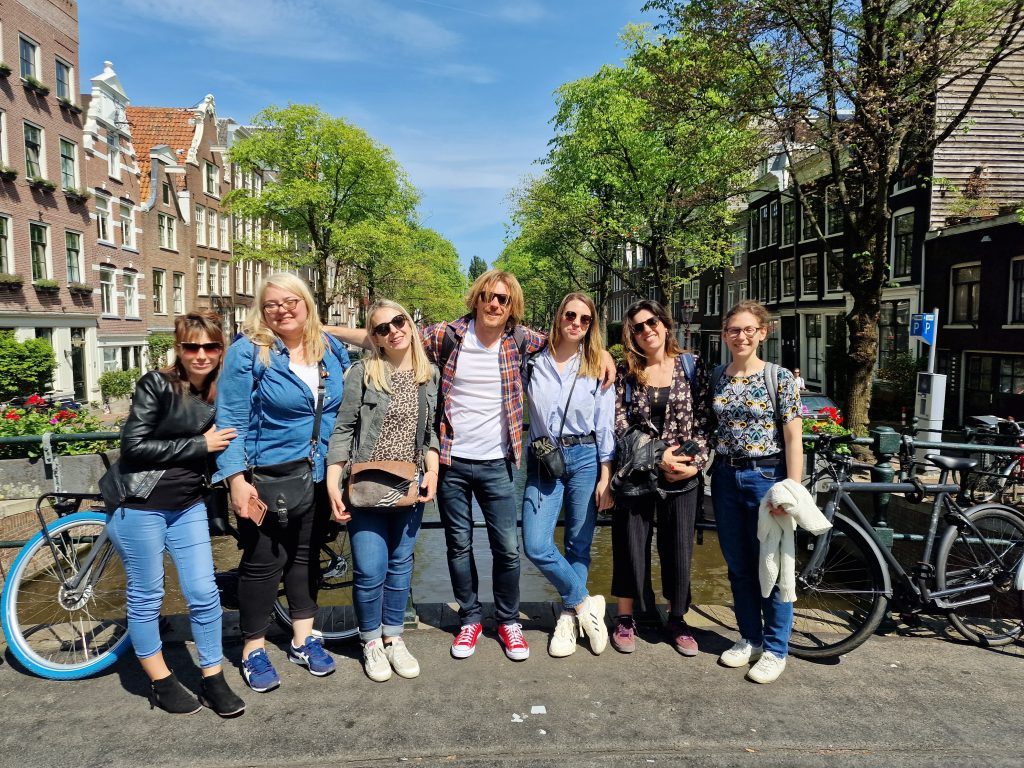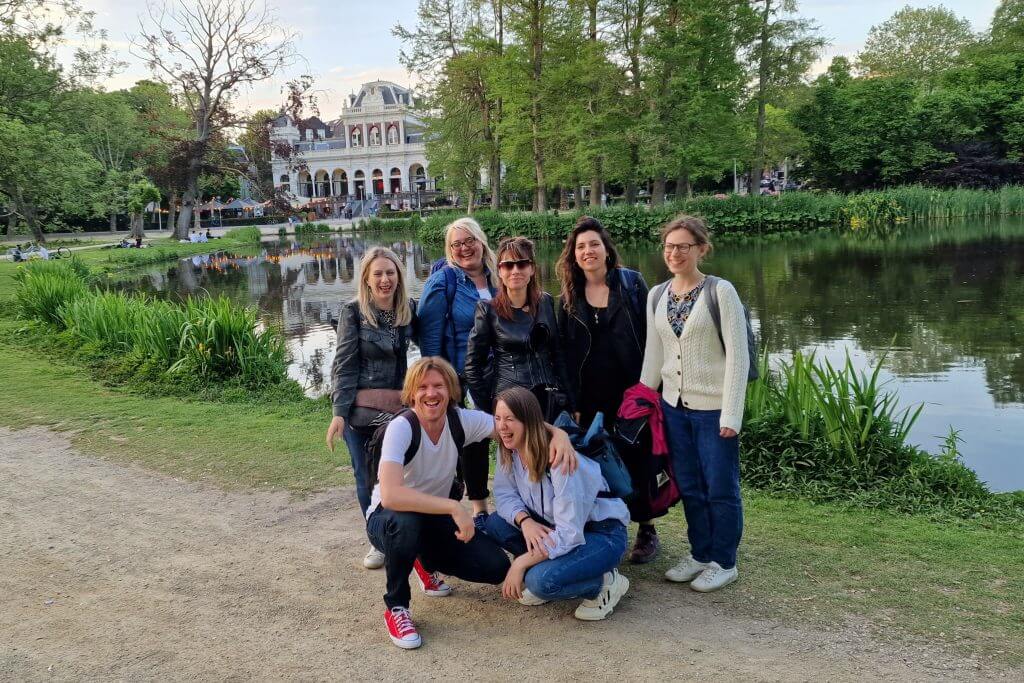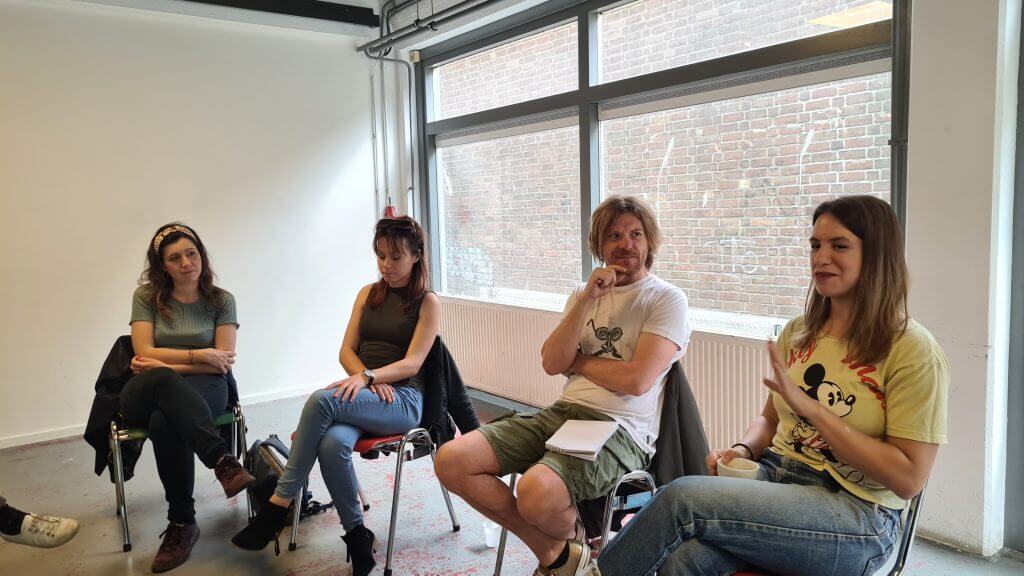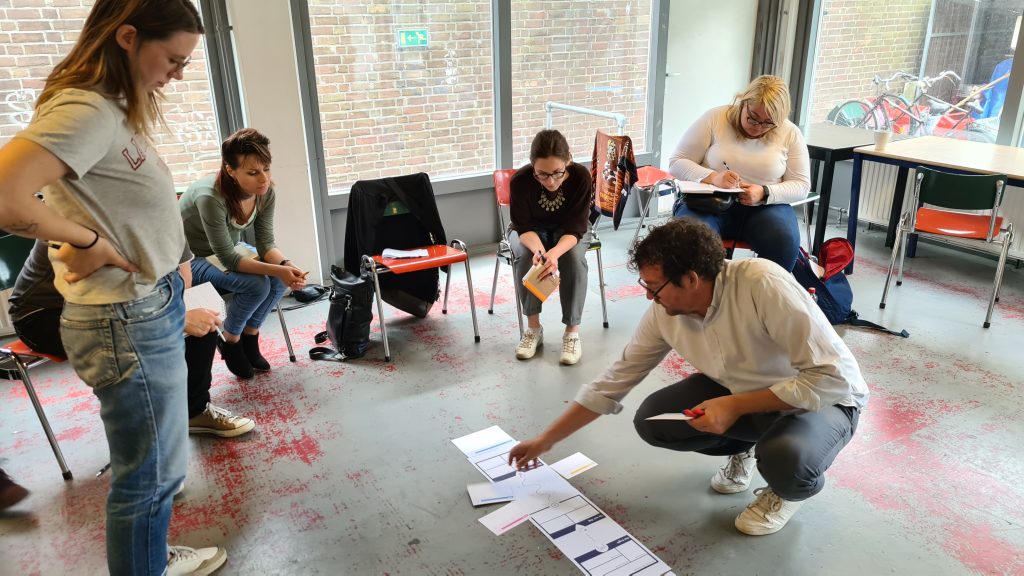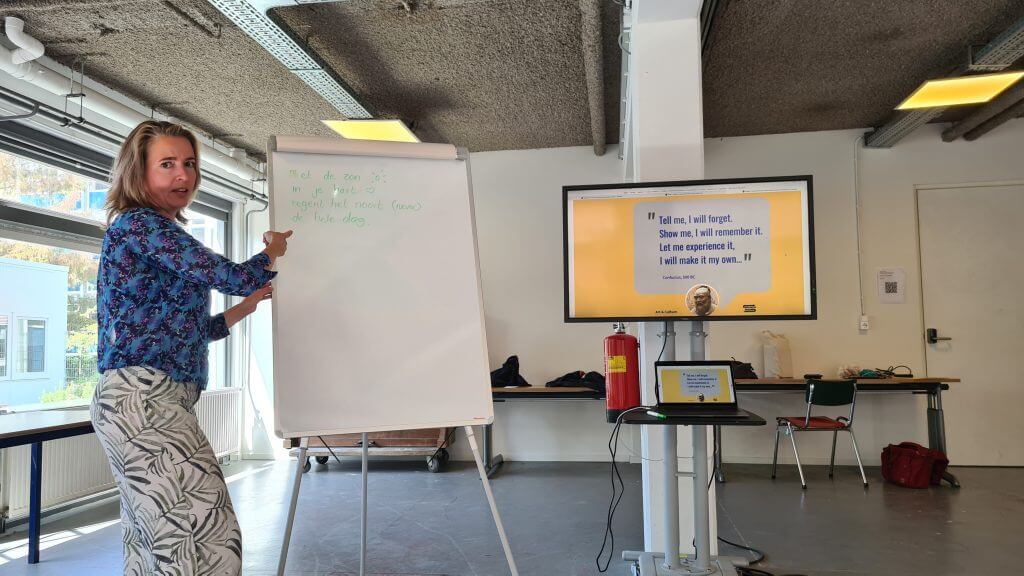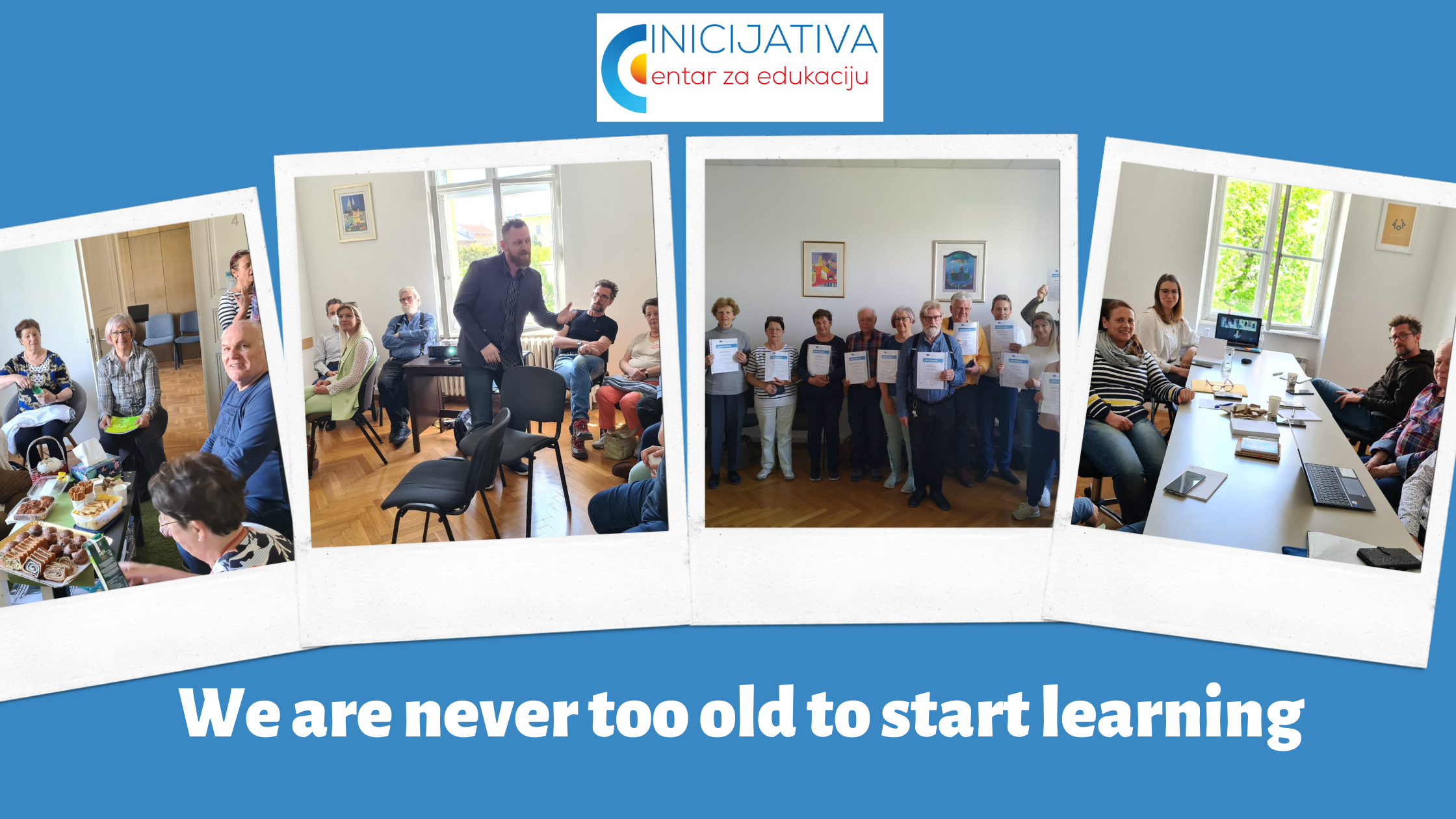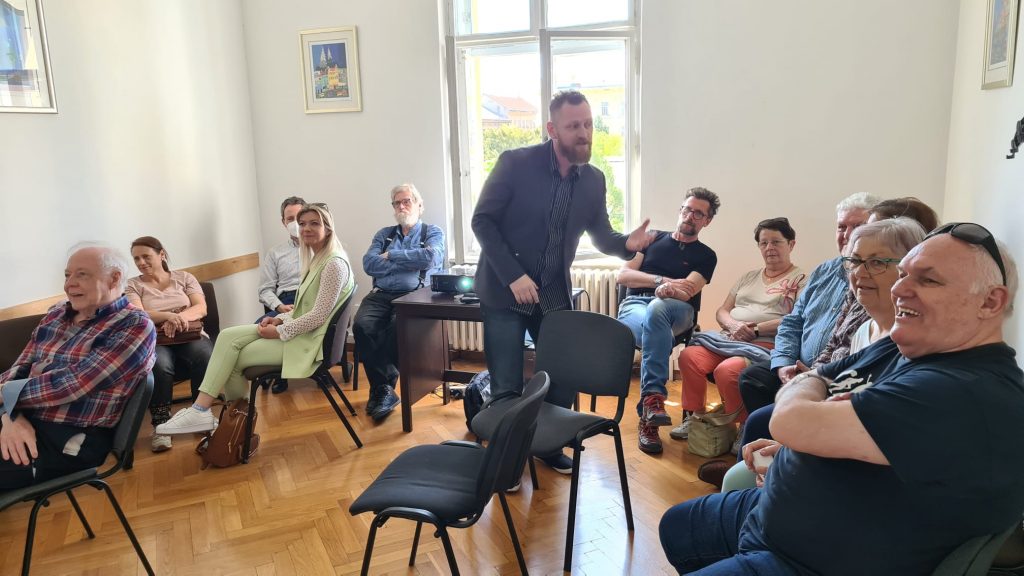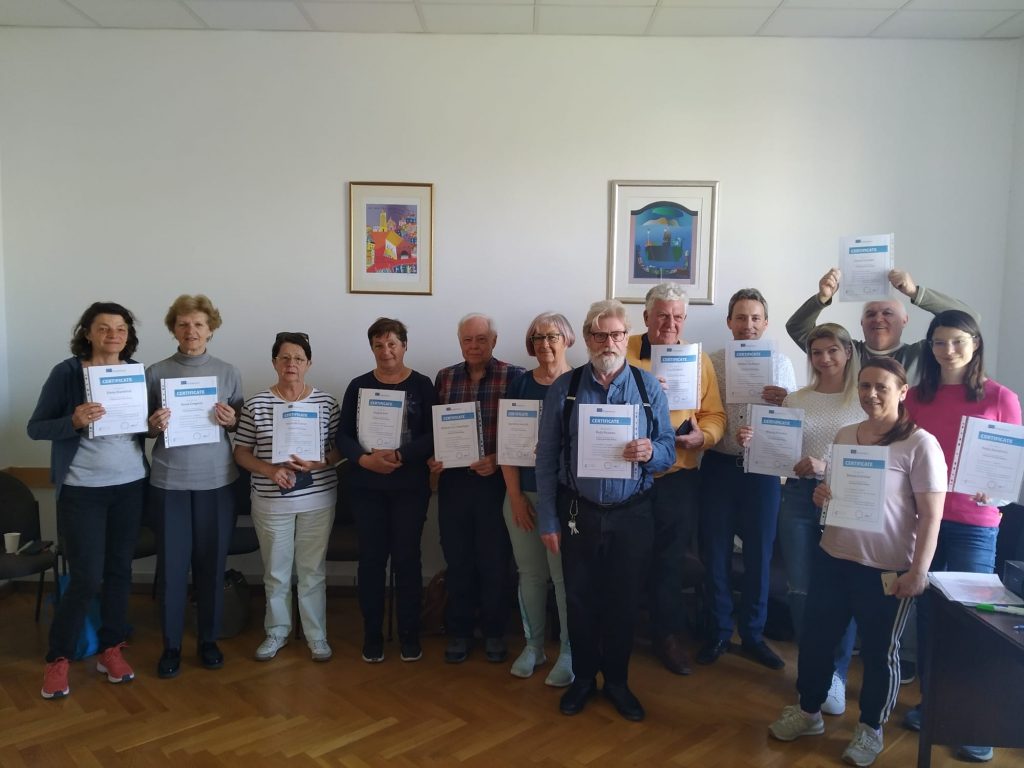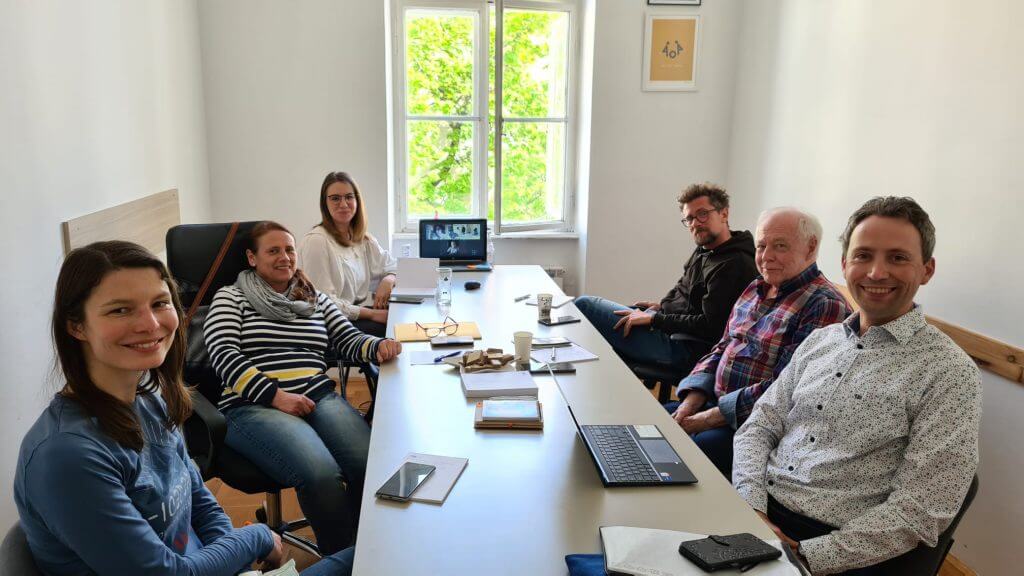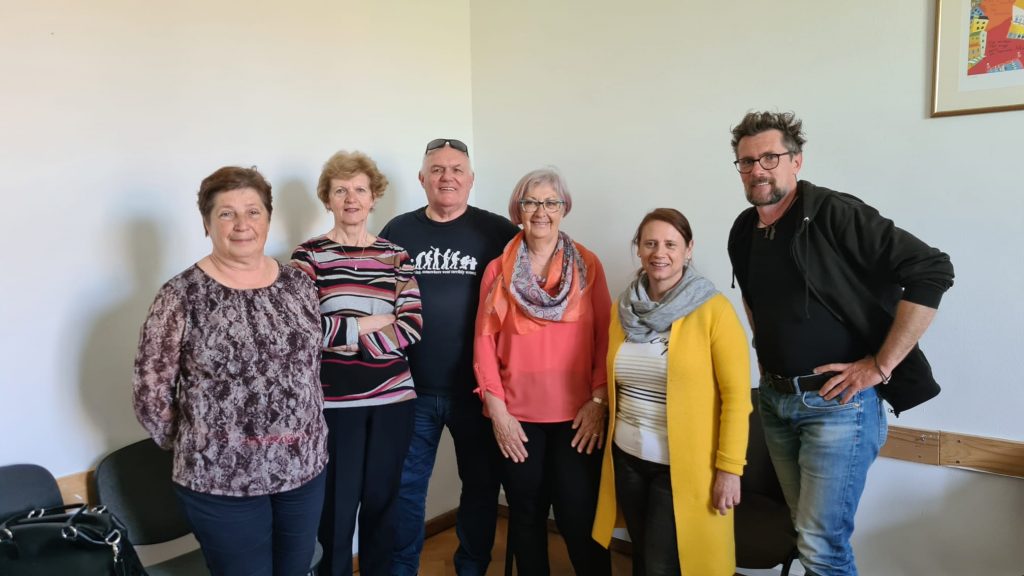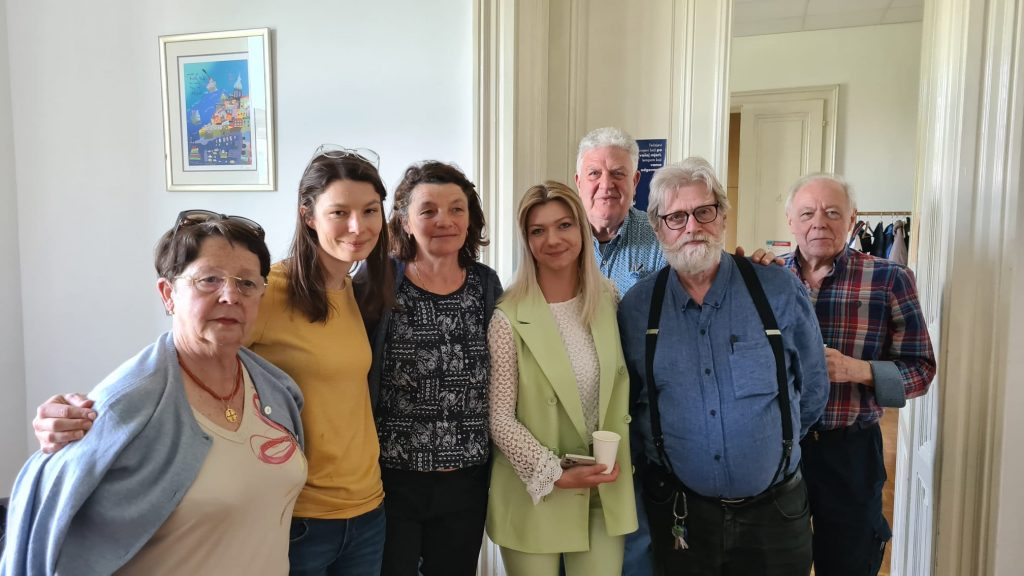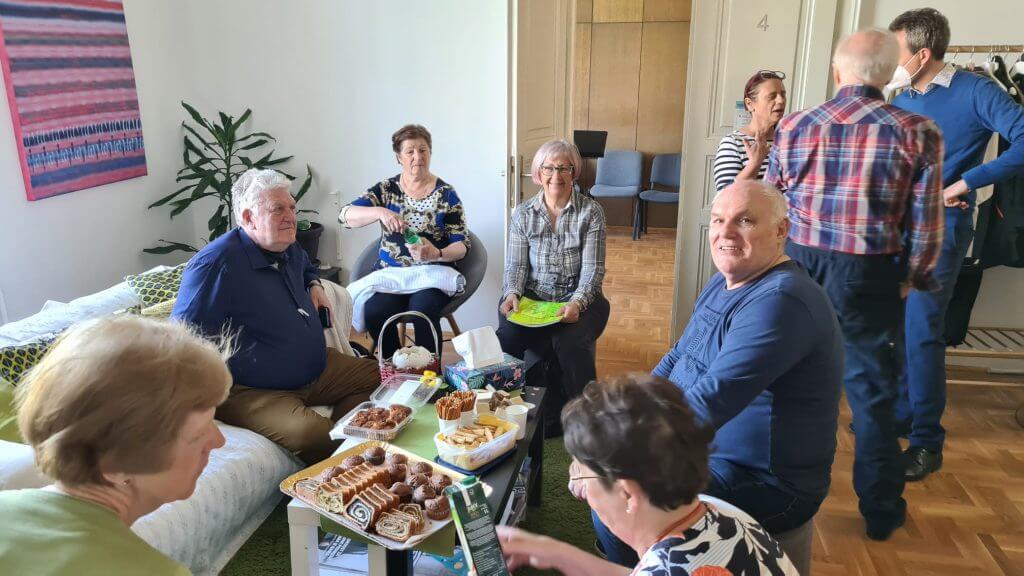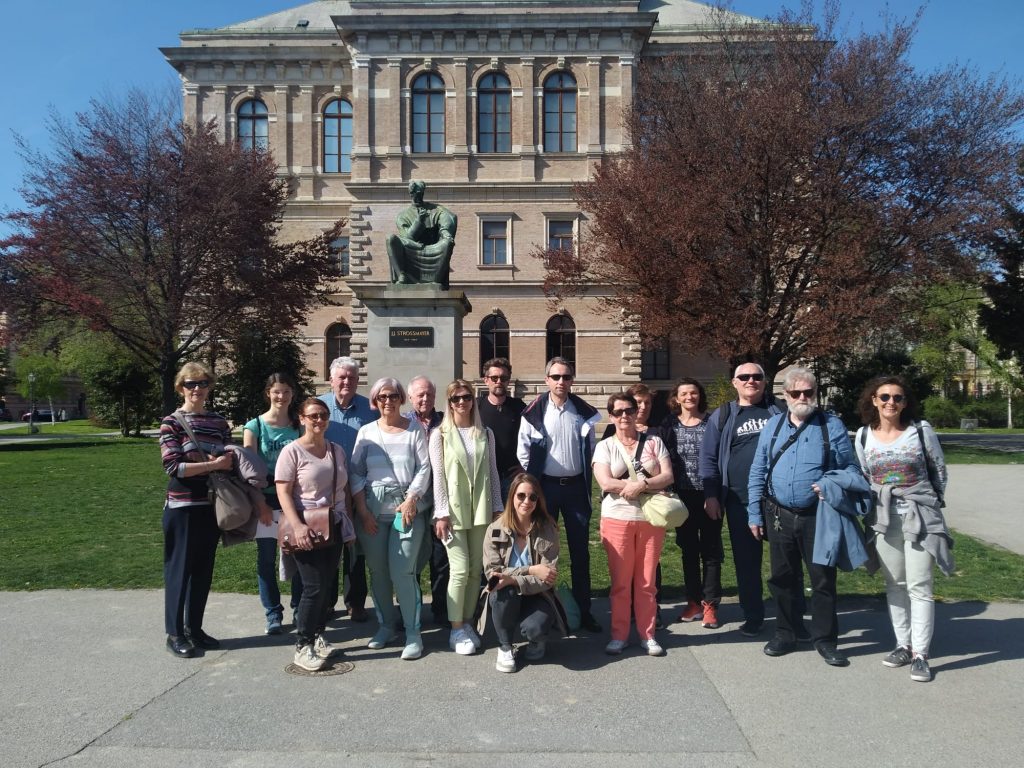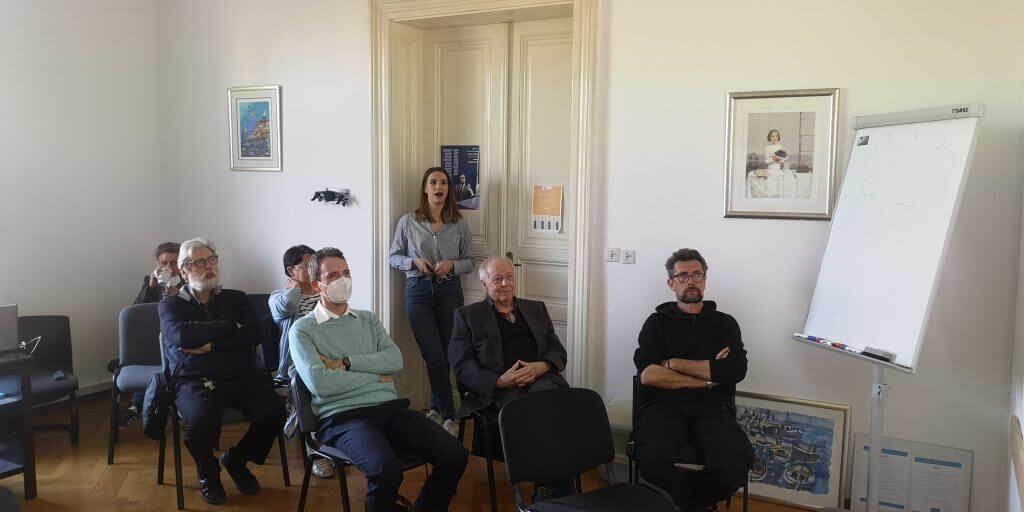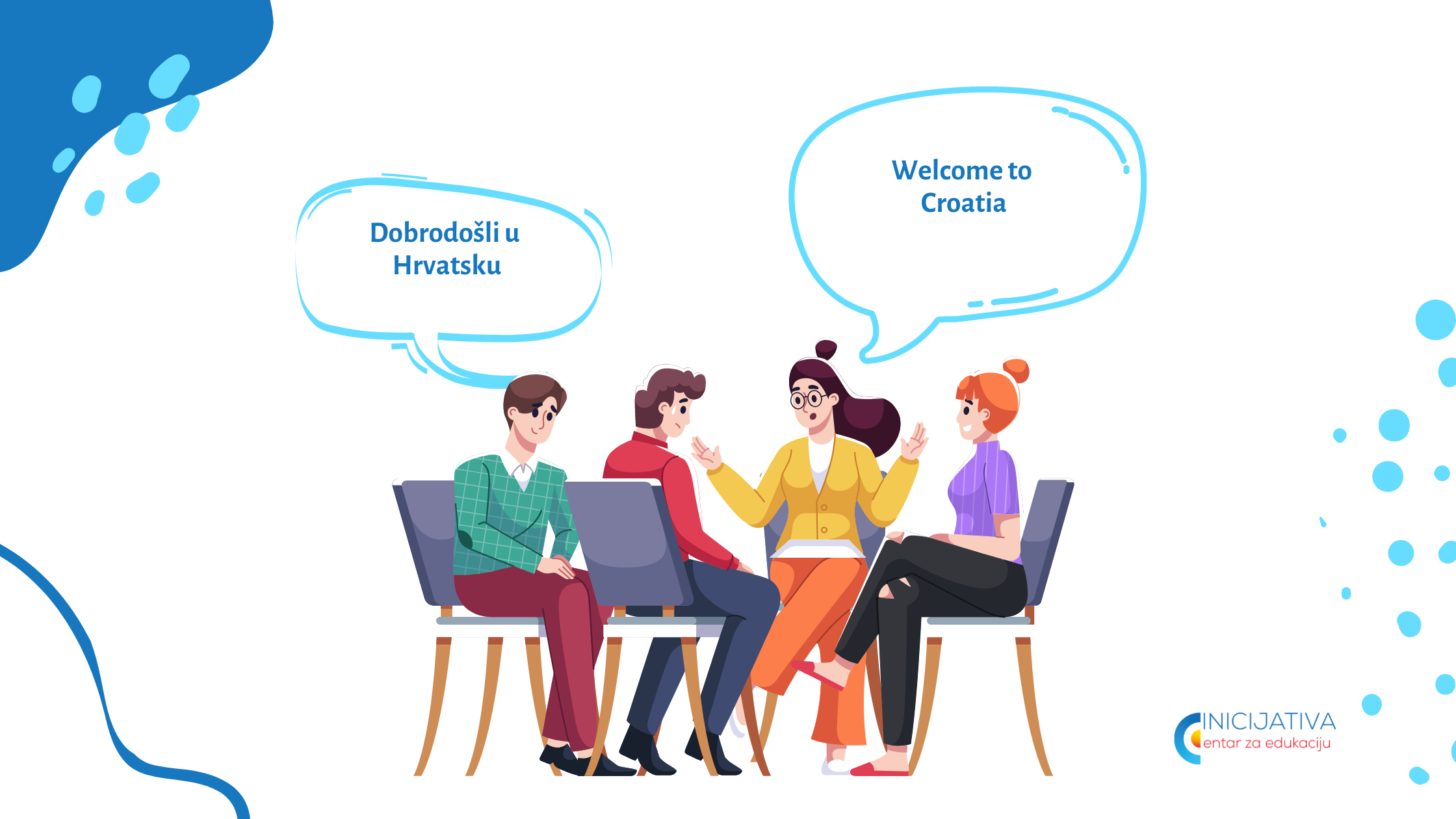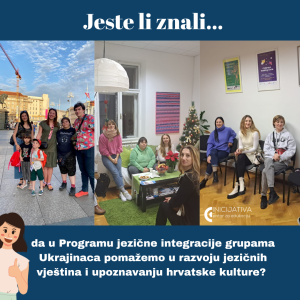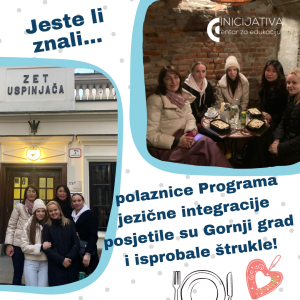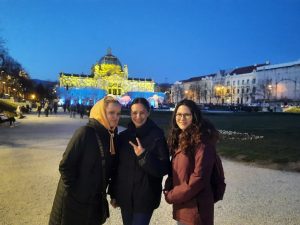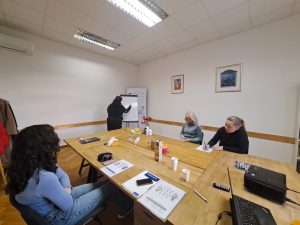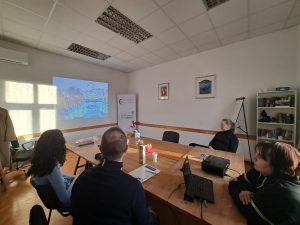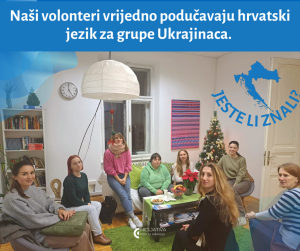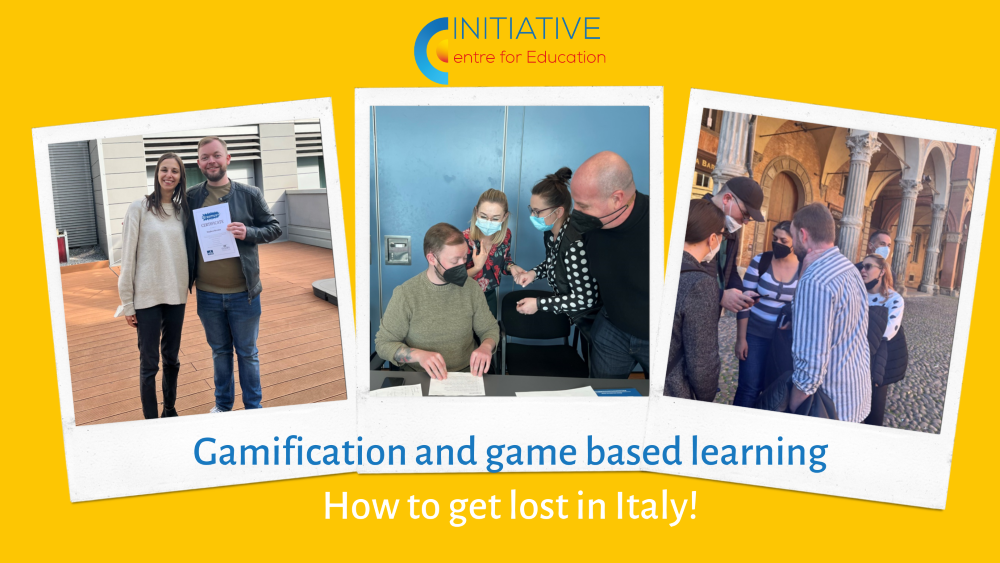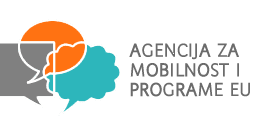Taking an English training course can help teachers develop their own English language skills, which can be beneficial for their personal and professional development.
There are people who seem like they don’t have any problems when it comes to speaking English. When they speak, it seems they are fluent and not struggling with anything.
On the other hand, when we find ourselves in a situation where we have to speak English, it seems very scary. We understand others when they speak, we can understand everything we have read, but when it comes to speaking, we just can’t - the words just won’t come out! This is one very common, frustrating situation that anyone who has ever tried to learn English has found themselves in.
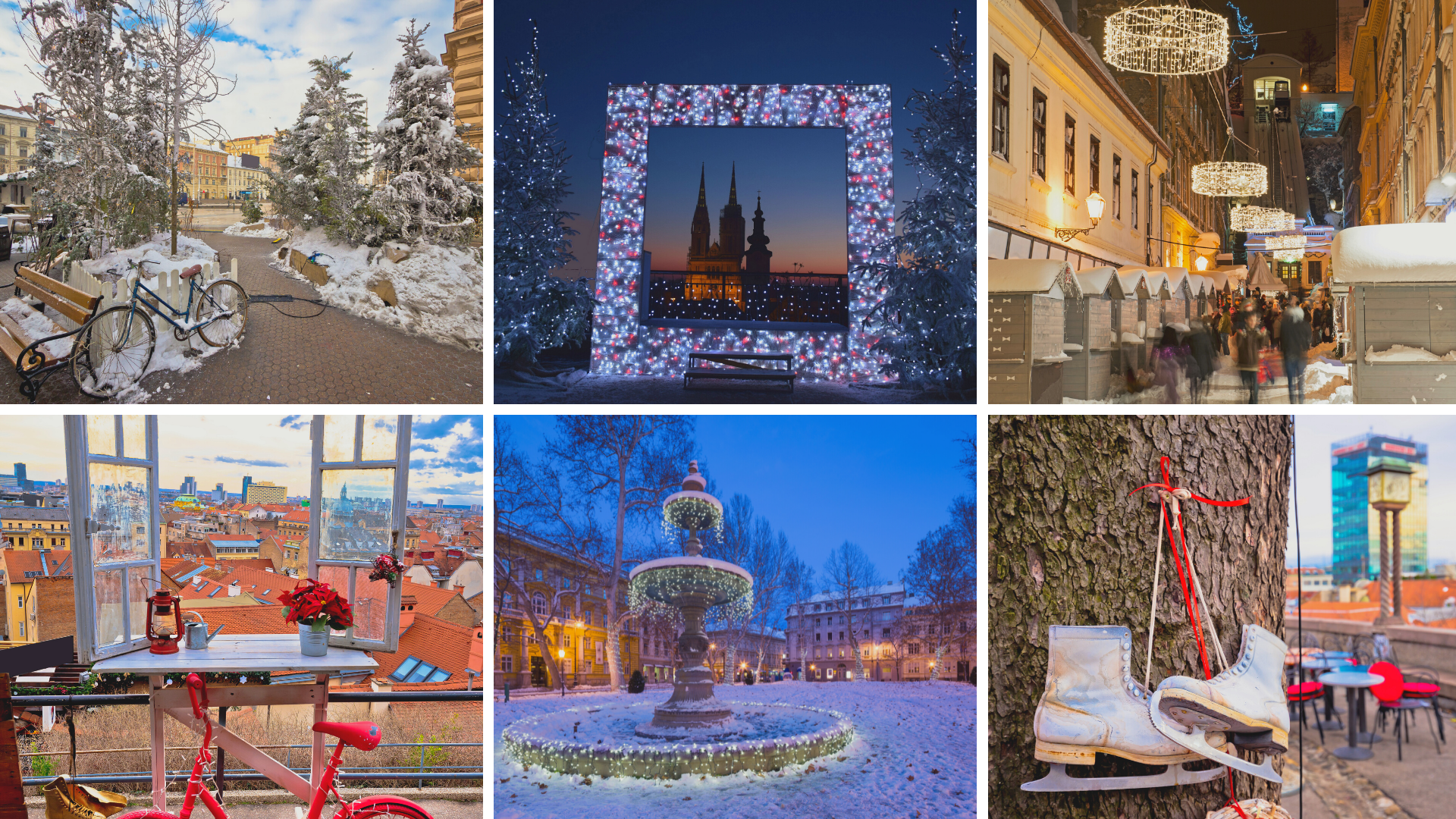
The Top 10 Reasons Why You Should Join Our Zagreb Erasmus+ English Courses for Teachers
Why does this happen? If you think that the right approach to learning a language is the classic, academic way, then the chances of you succeeding are going to be very small. Why? You know everything in theory, but in practice, when you need to express your thoughts in certain situations, you just can’t. You translate from Croatian, Spanish, etc. into English, you can’t apply the rules of grammar in practice, and let's not even talk about speed and how unnatural it all sounds. How to put an end to this?
At our school, we emphasise the fact that learning a language is going to be much more productive if you look at it as acquiring a new skill. However, in order to acquire this skill you have to practise a lot, study regularly and be patient. In the beginning, you will make a lot of mistakes, but don’t be embarrassed or get discouraged. Allow yourself to make mistakes and let other correct you - that is the best and quickest way to learn. A language needs practice - the more you speak, the better and easier it will be. Through guided conversation and learning with native speakers we encourage you to think in English and speak spontaneously, without translating. You are going to learn English 4 times faster through this repetition, having your mistakes corrected and real-life examples. Also, you are going to start speaking with confidence! Inicijativa also makes sure to make it possible for its students to access extra programs and activities alongside their regular classes, in order to have them constantly surrounded by English. Everything we do works towards one goal - that is for you to learn English and be able to use it as soon as you walk out of the school.
THE MAIN GOAL AT INICIJATIVA IS FOR YOU TO ACTUALLY START SPEAKING ENGLISH
We teach you how to speak English using the Callan method - a fast method for learning English. The method itself is based on certain questions that the teacher asks and the students answer. Learning grammar and new vocabulary is a bit different. The teacher first explains the new words or grammar, gives you examples, and then asks you questions so you immediately start using what you have just learned. The teacher answers alongside the students to make sure they are using the correct grammar and order of words in a sentence. This means you are practising English using real life examples you will be able to use outside the school.
1. SPEAKING WITHOUT TRANSLATING
During the lessons we speak very fast so you get used to the way native speakers speak, and become familiar with the language. It is natural to speak fast - you need to be prepared for real-life situations where you won’t have time to think in your own language. There is no time to stop and think about grammar, we teach you to speak spontaneously. In this way, you will be able to understand TV speech, radio shows, job interviews, etc. You will be able to communicate fluently and confidently. We don’t have any boring exercises. Only talking, talking and more talking.
2. REPETITION
We are going to repeat everything many times to make sure you remember it. If you repeat a lot you will learn how to speak without translating. You will speak automatically, without translating.
3. CORRECTION
We are going to correct you every time you make a mistake. This will help you improve your English. You will feel more confident, improve your pronunciation and learn how to speak properly.
If you are done with paying for regular classes after which you are still terrified of speaking, and are looking for new English courses, we have a suggestion for you!
You don’t have to believe us, come see for yourselves how fast you can start speaking English.
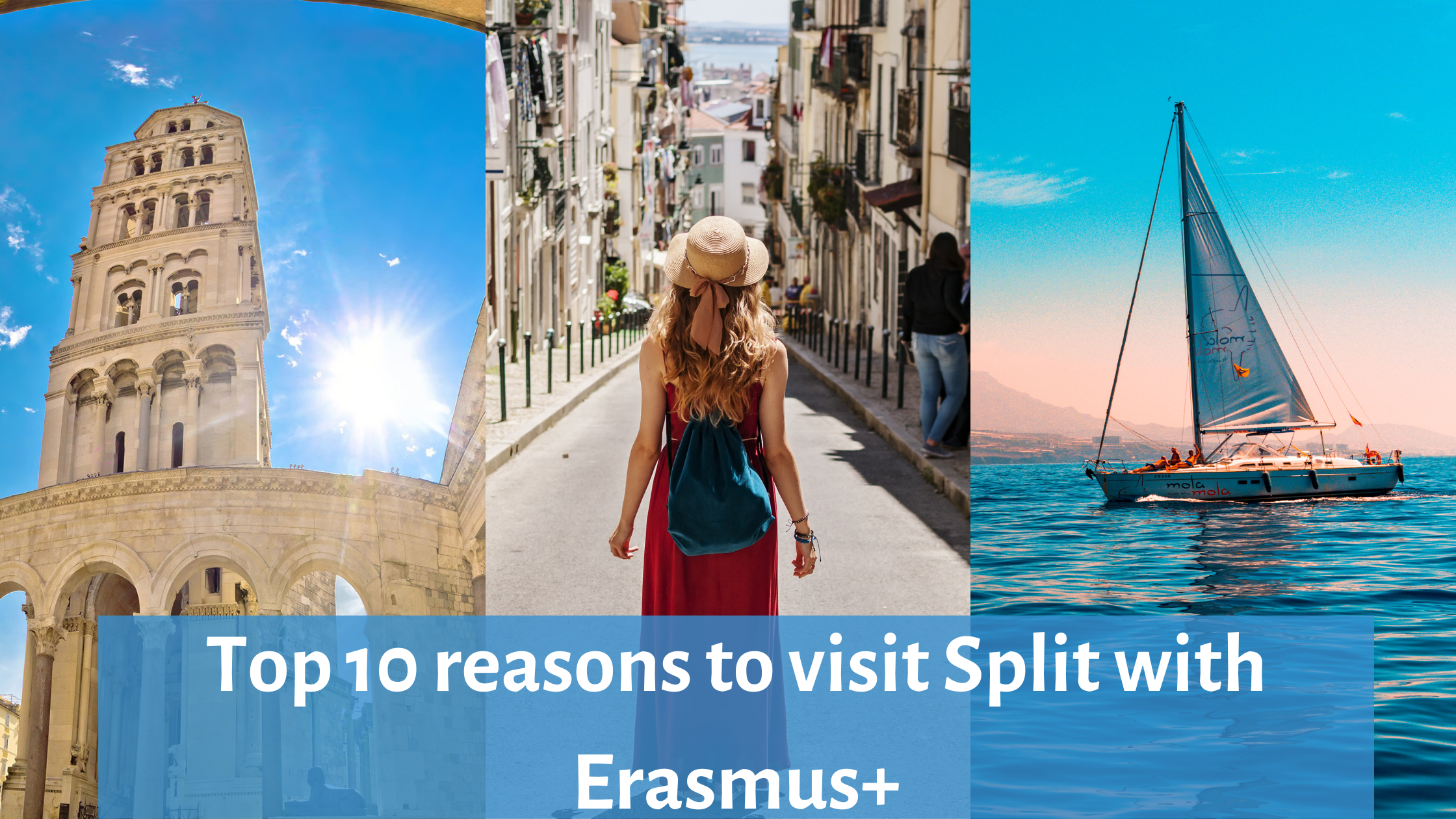
The Top 10 Reasons Why You Should Join Our Split Erasmus+ English Courses for Teachers
Dowload our new eBook: 10 Tips for a successful KA1 Erasmus+ experience
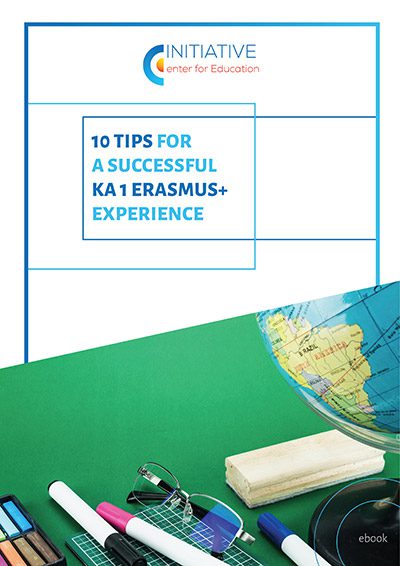
By signing up you accept our Terms of Use
